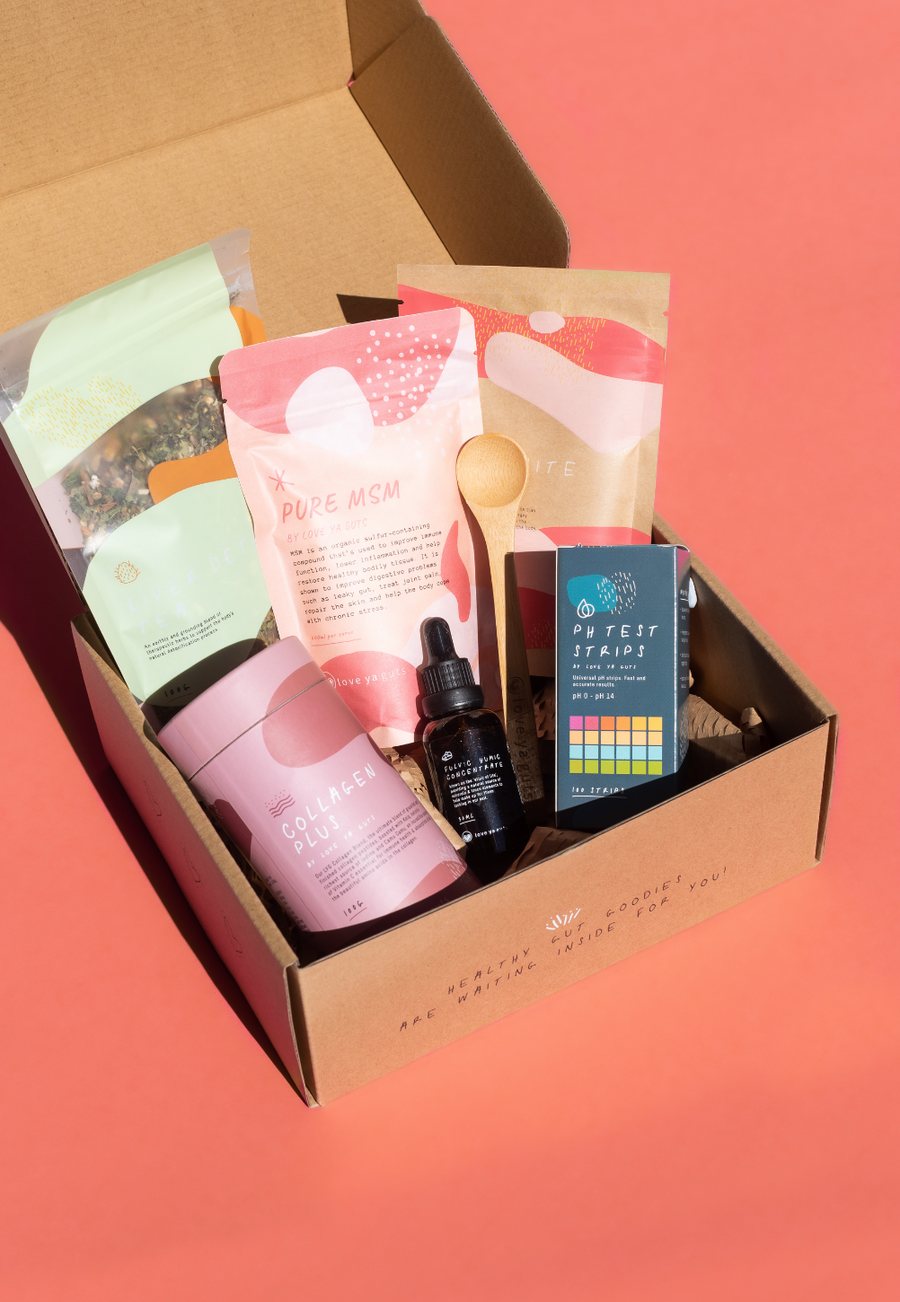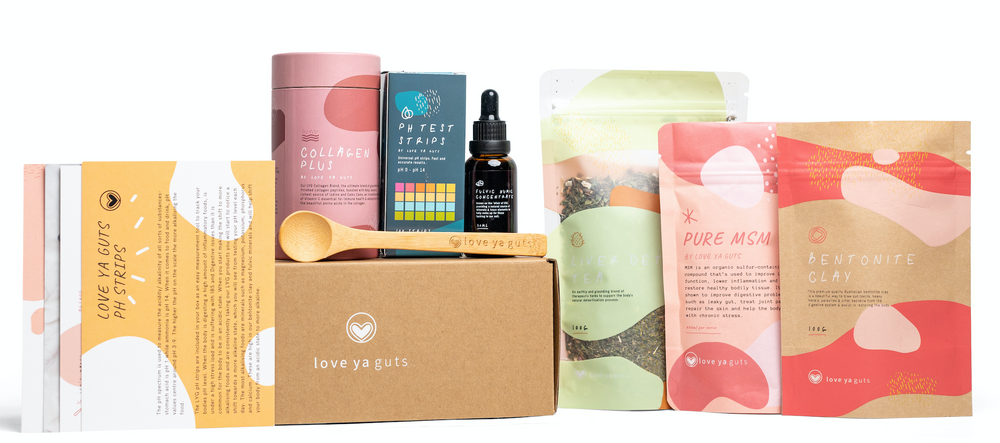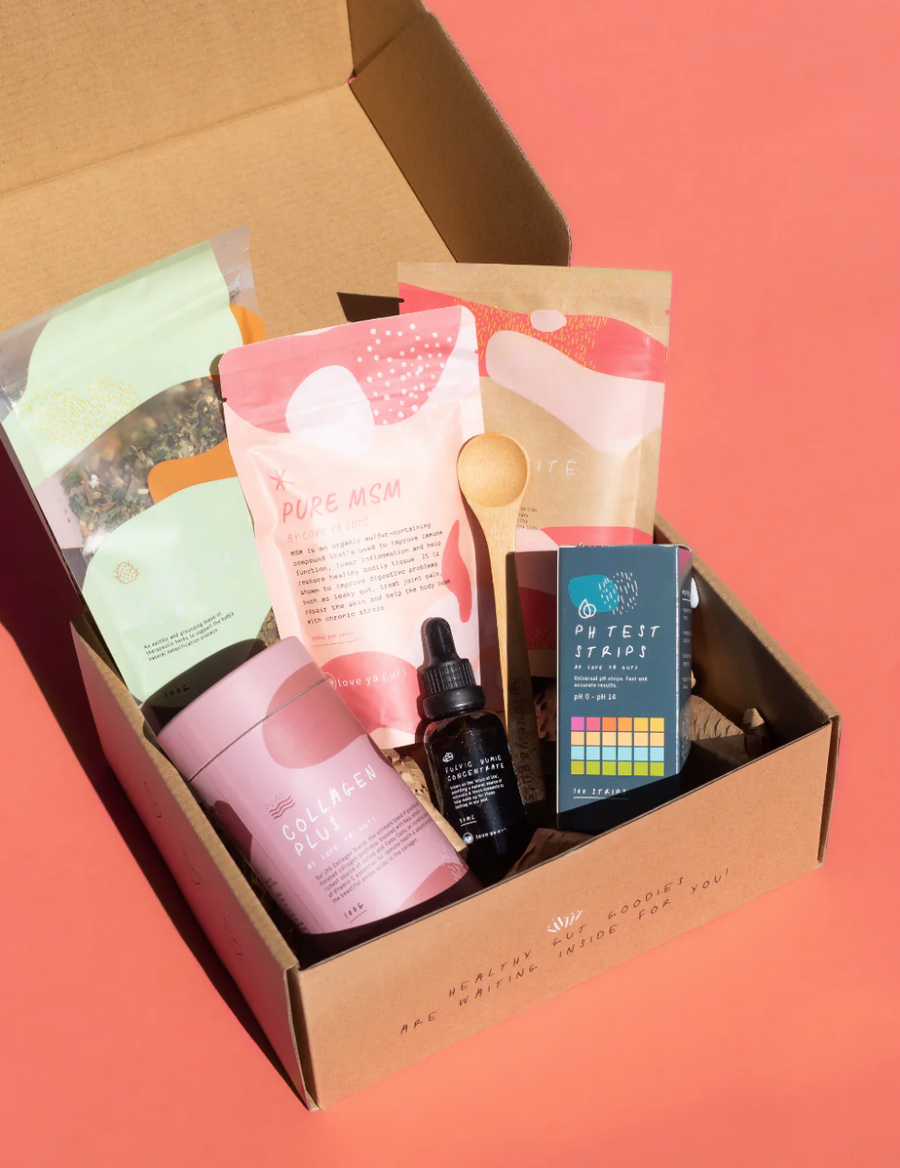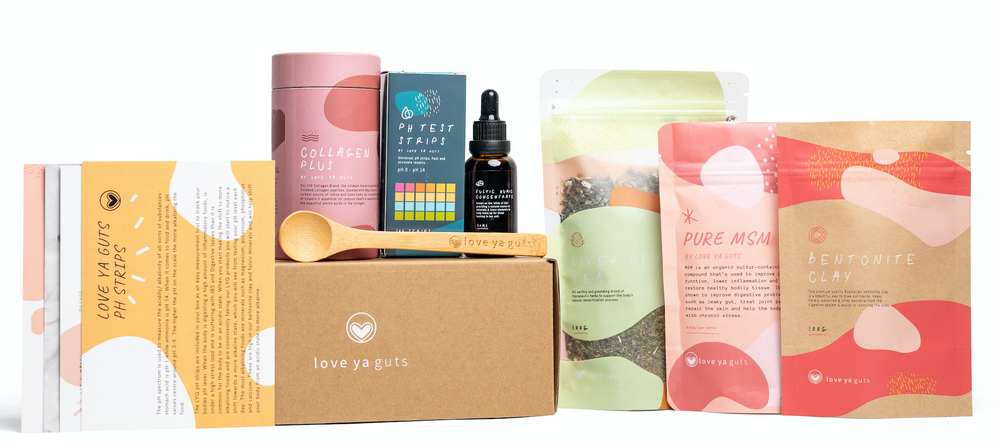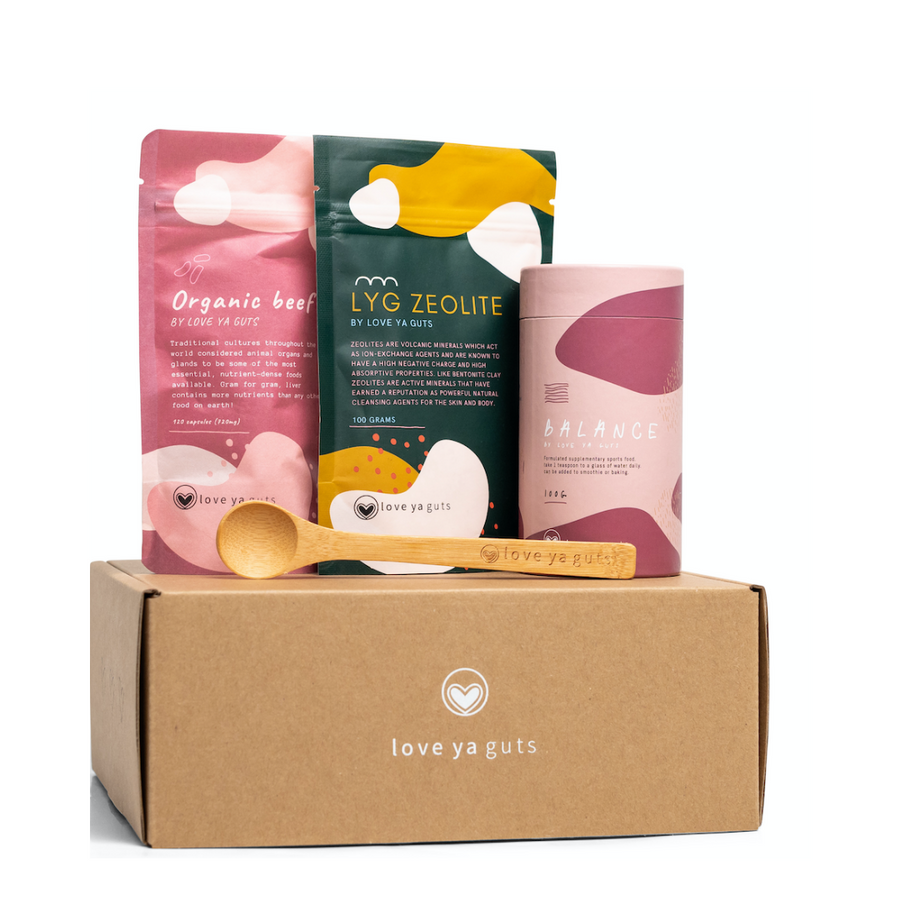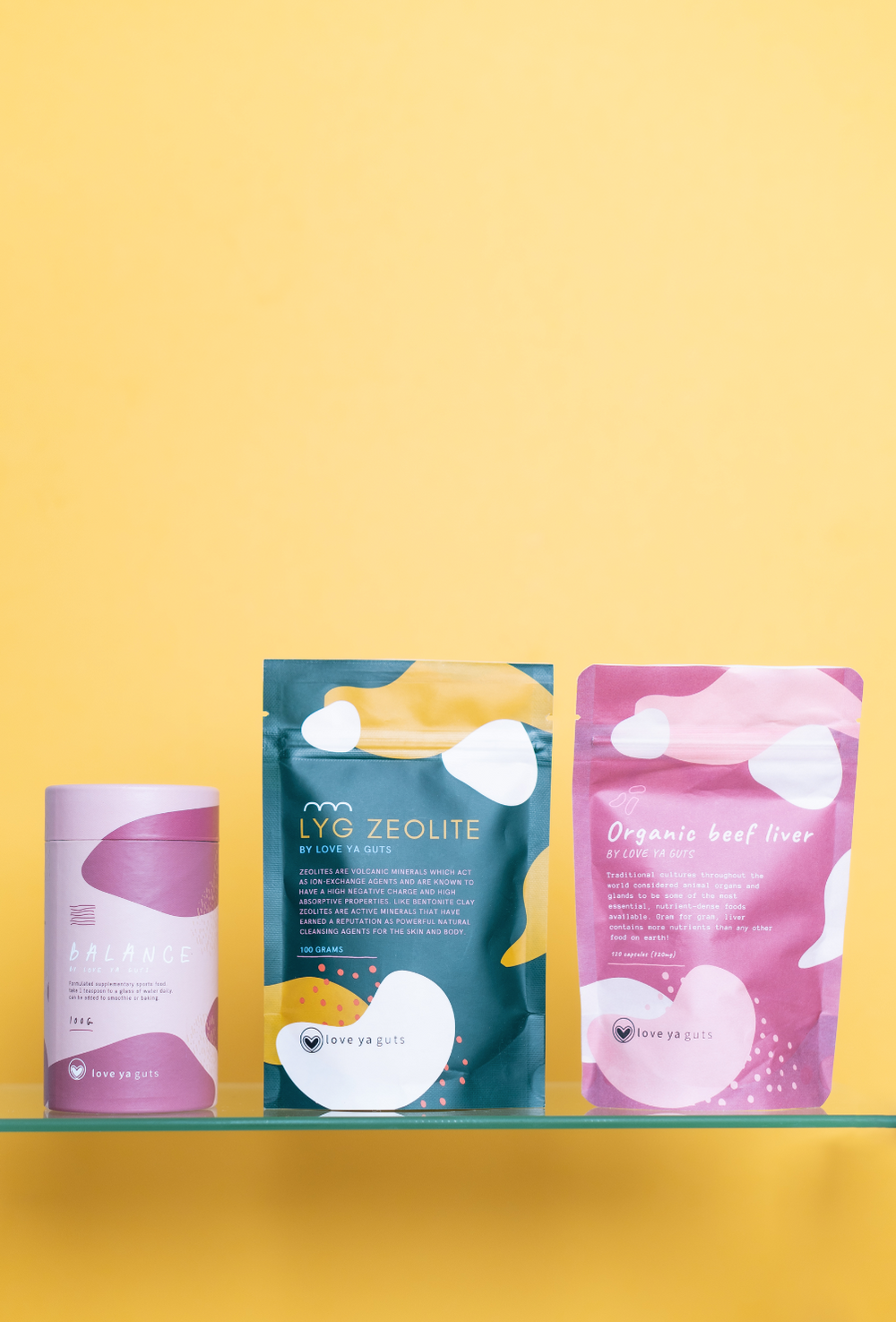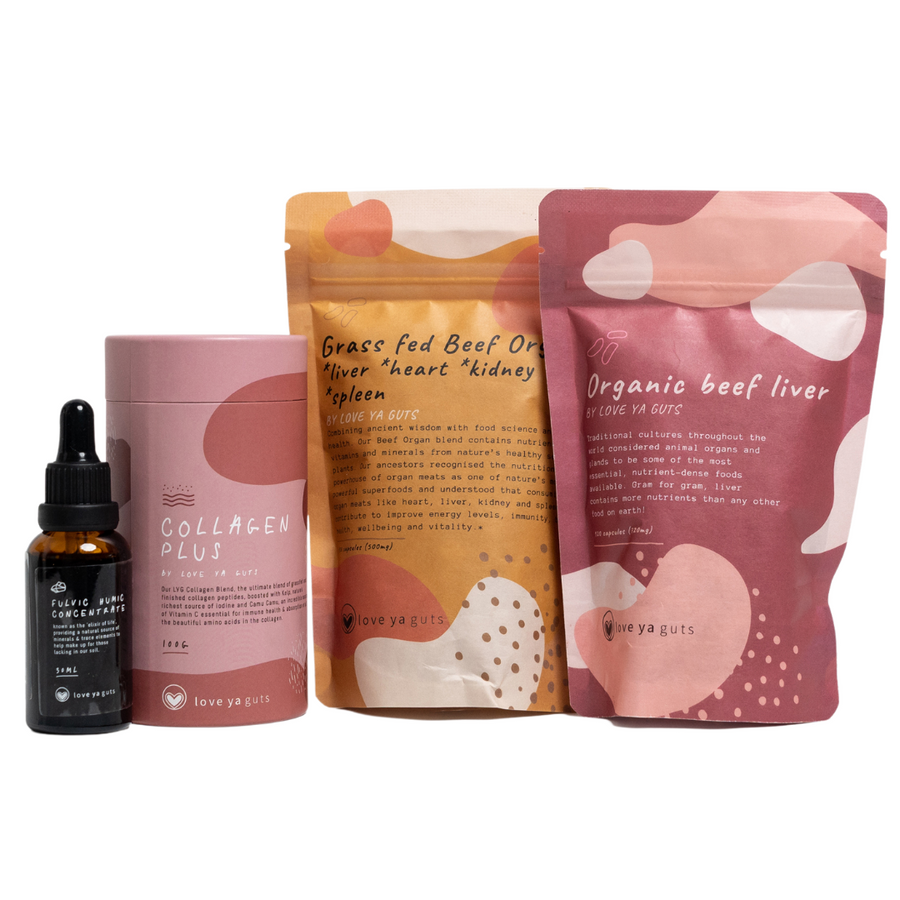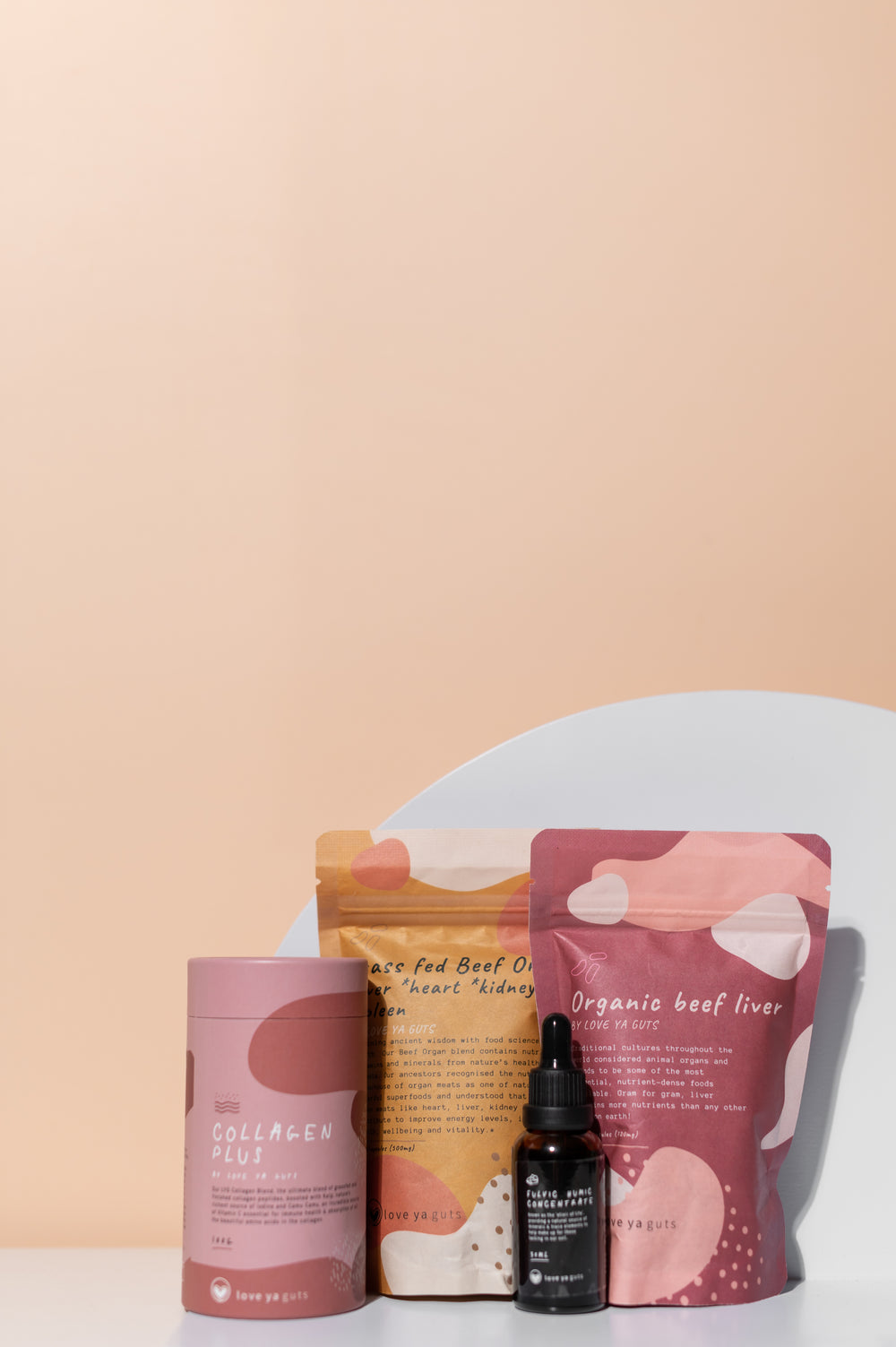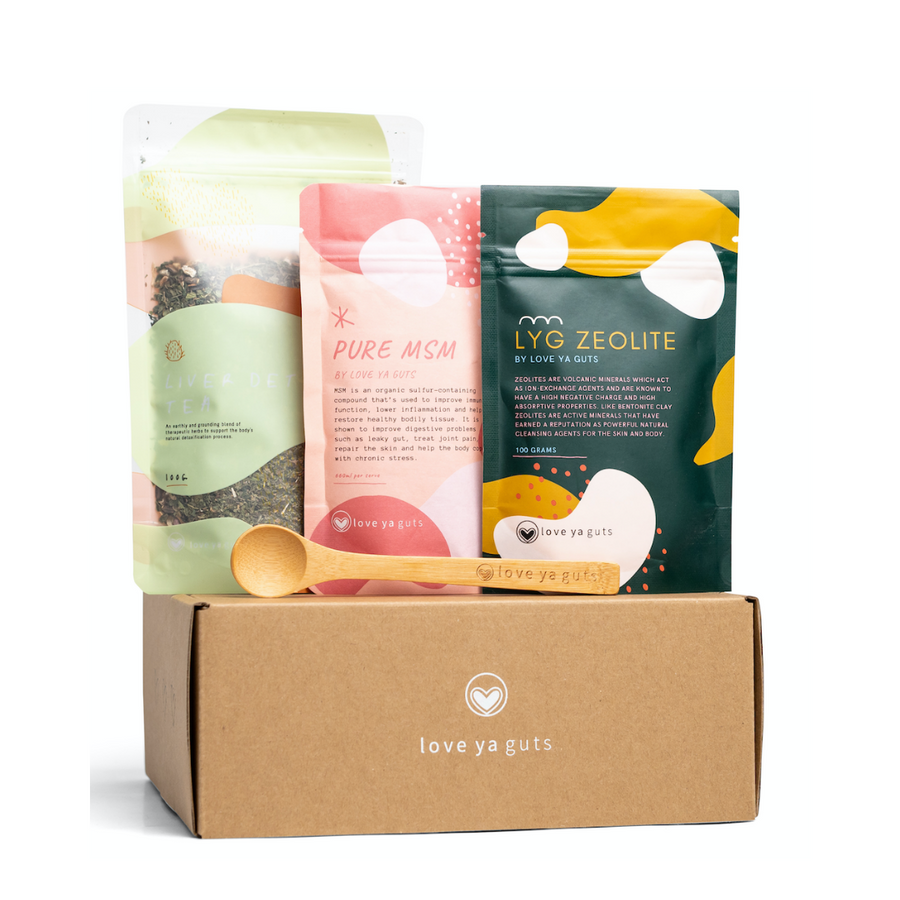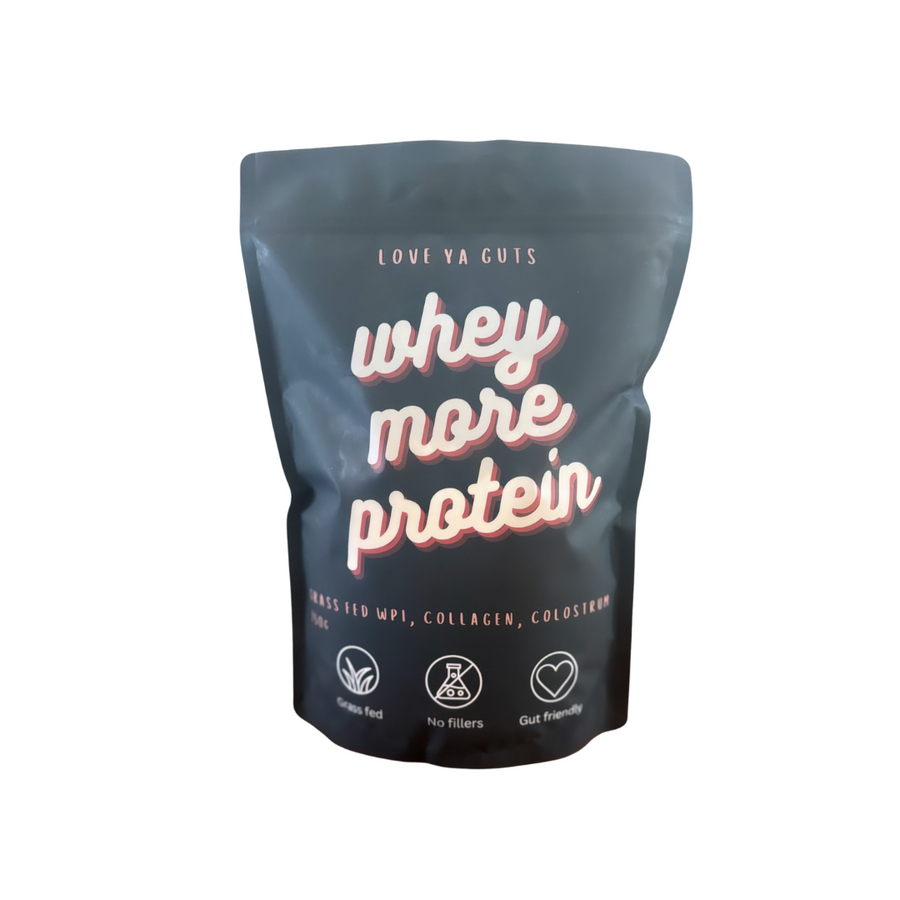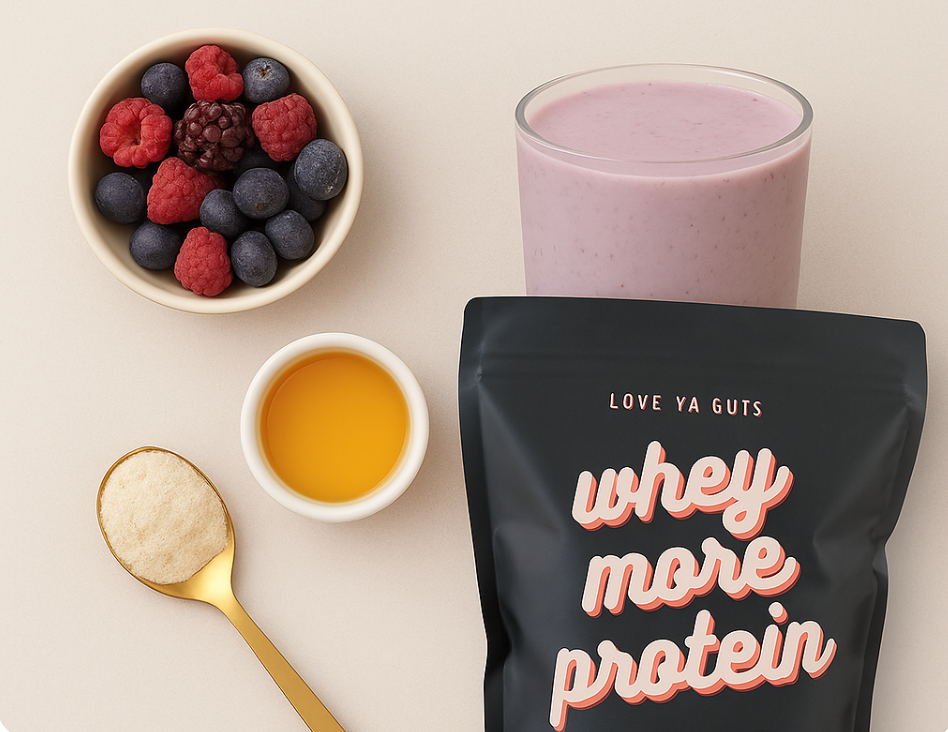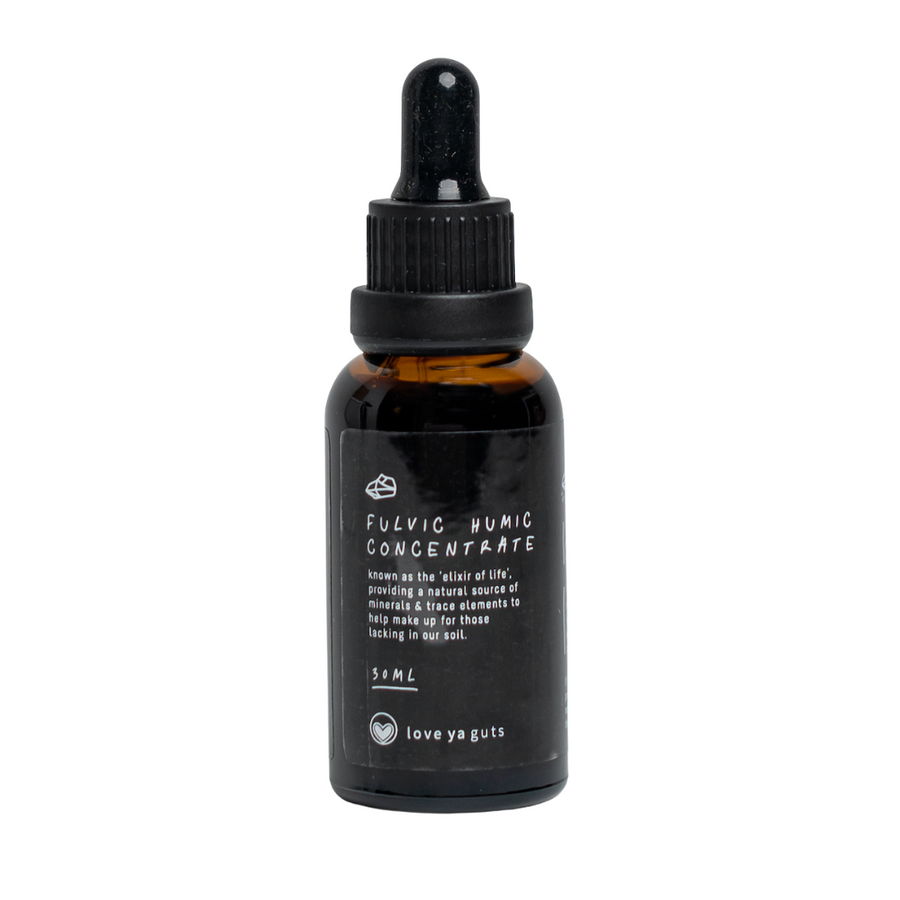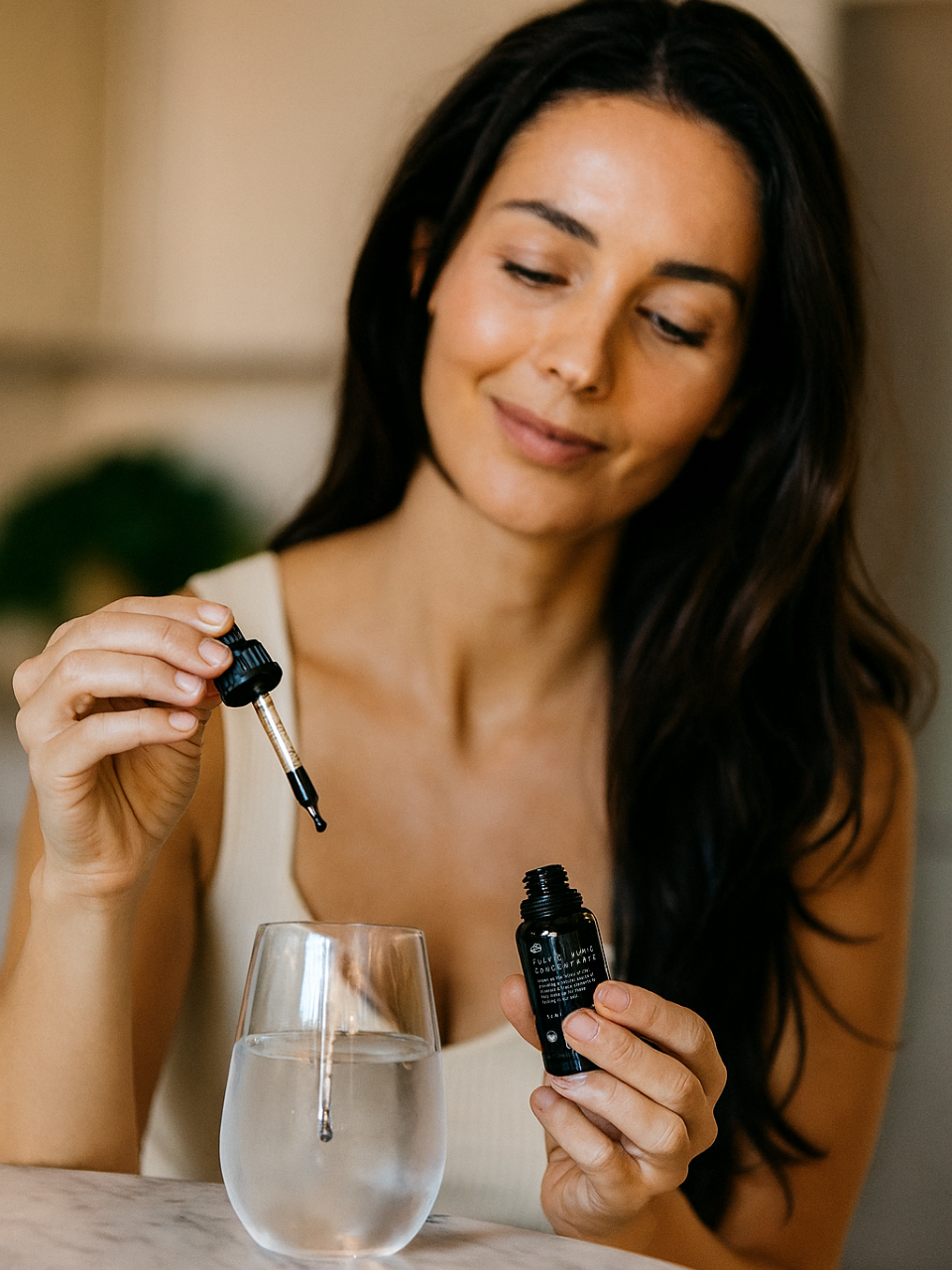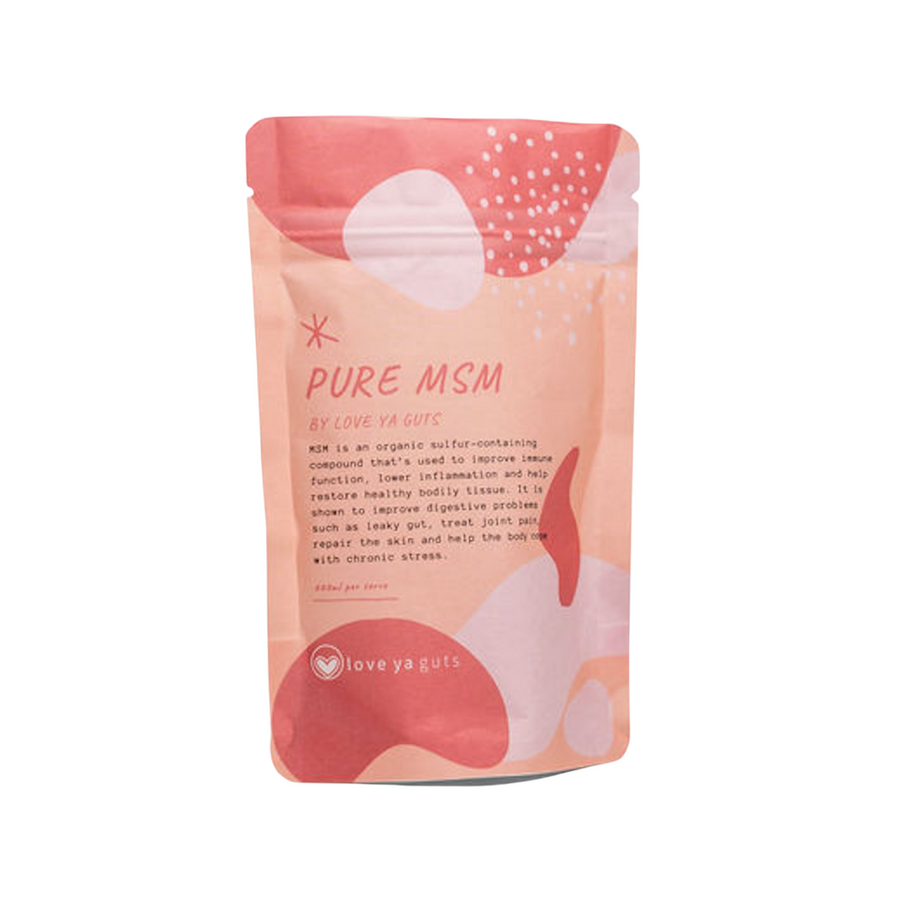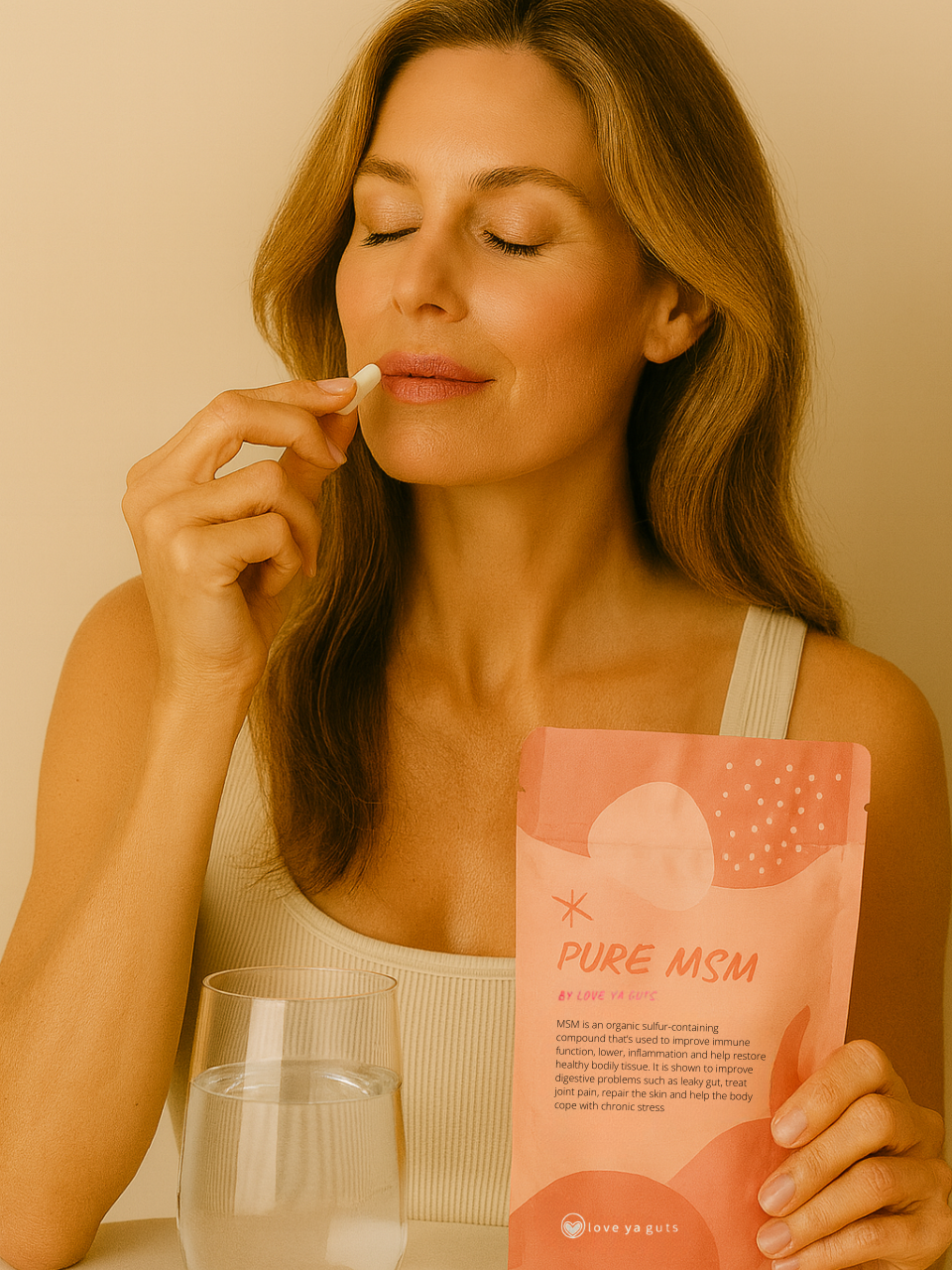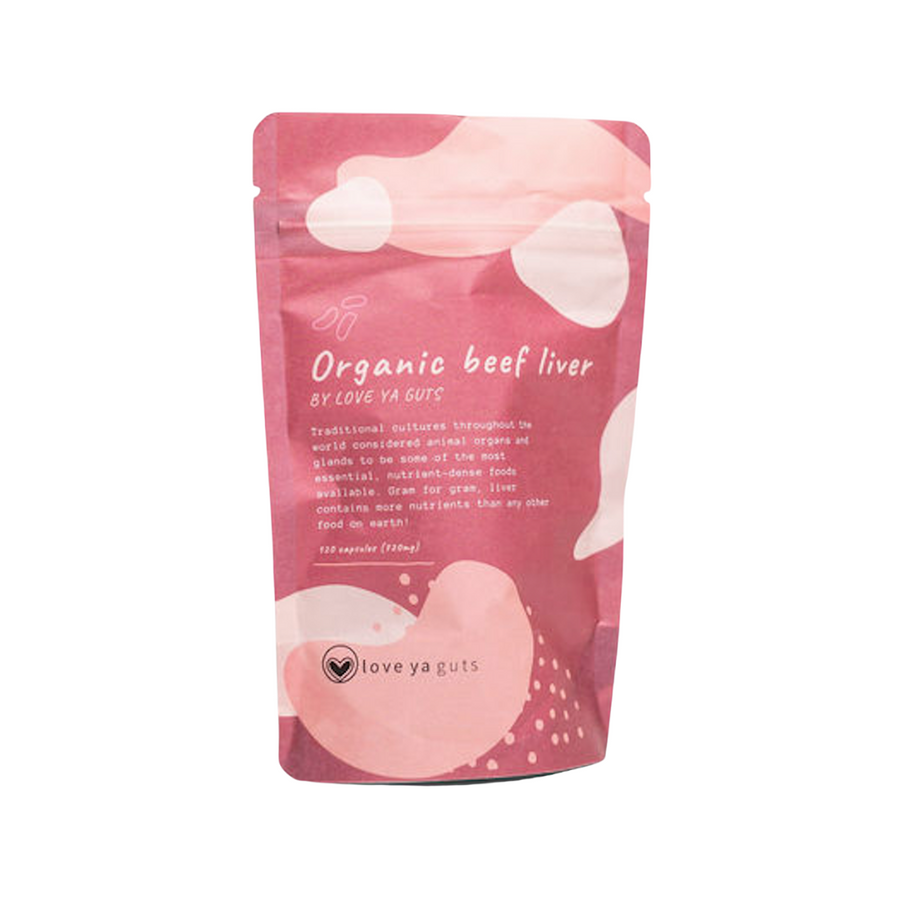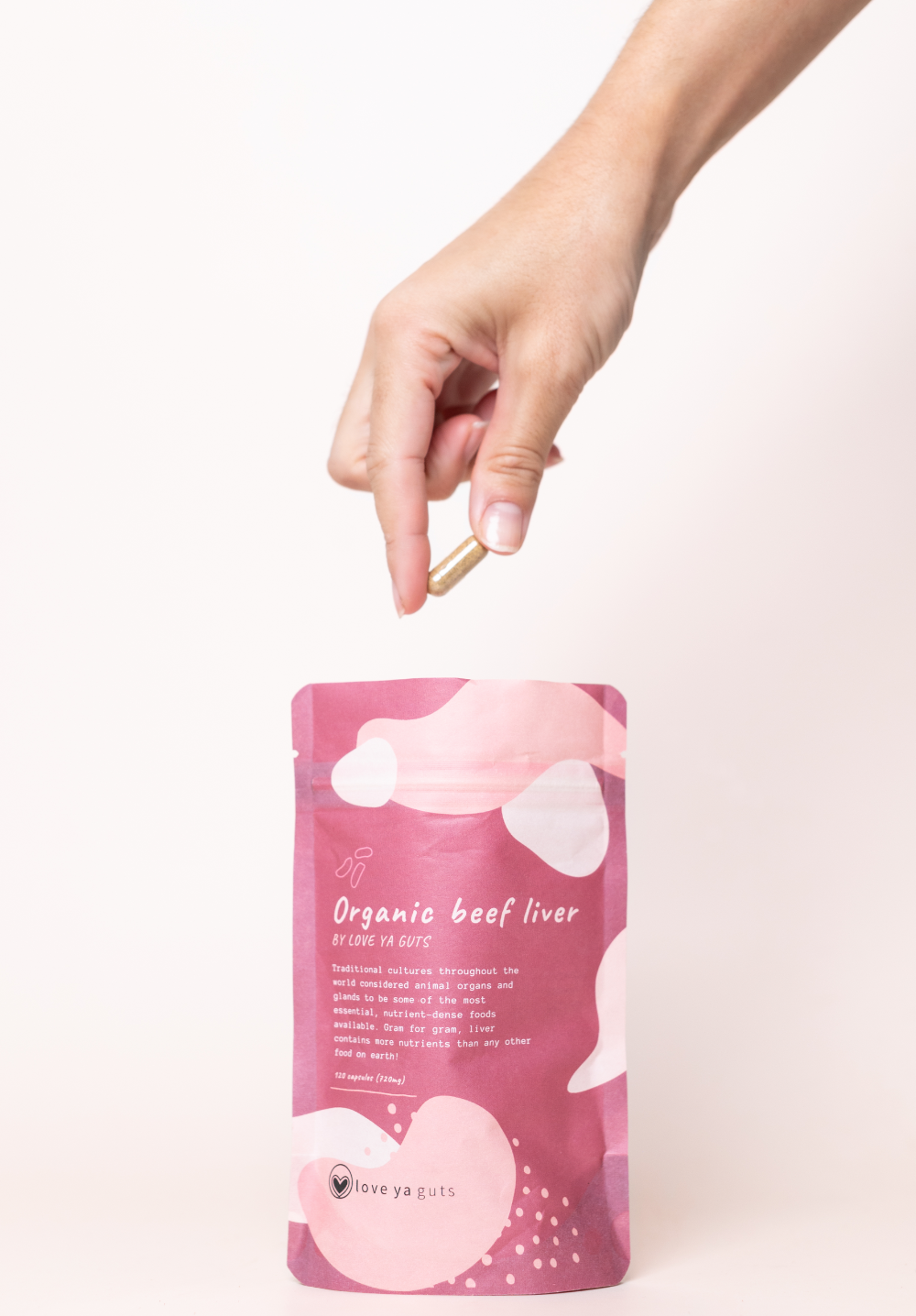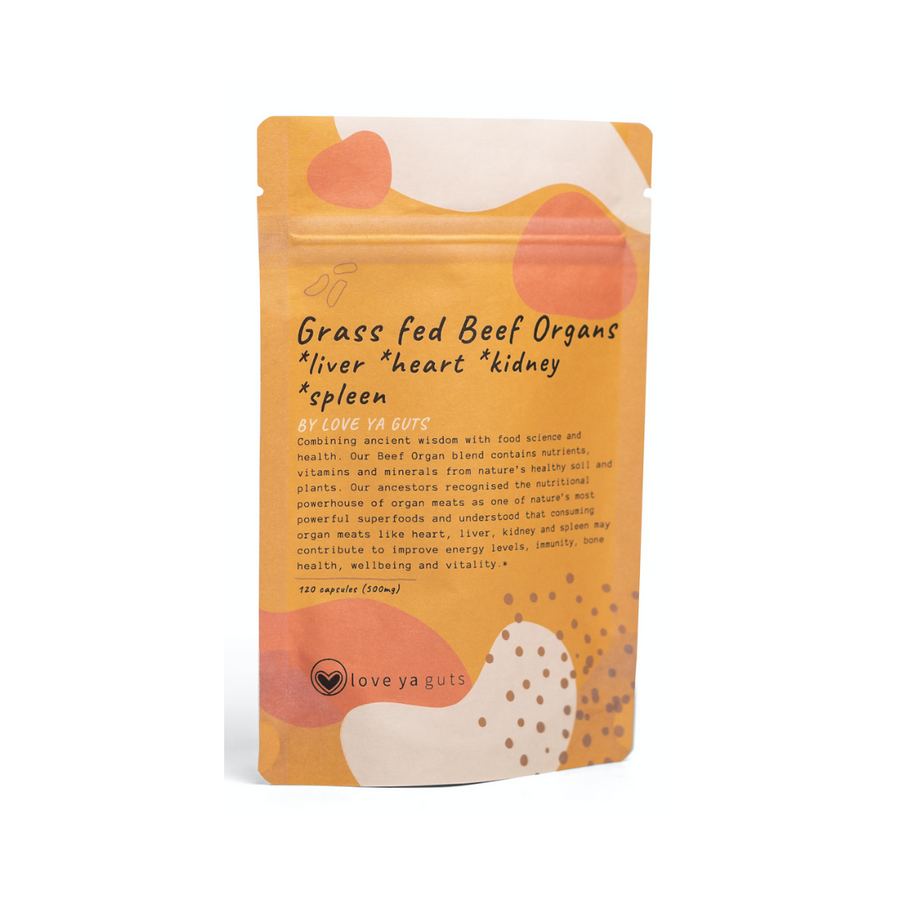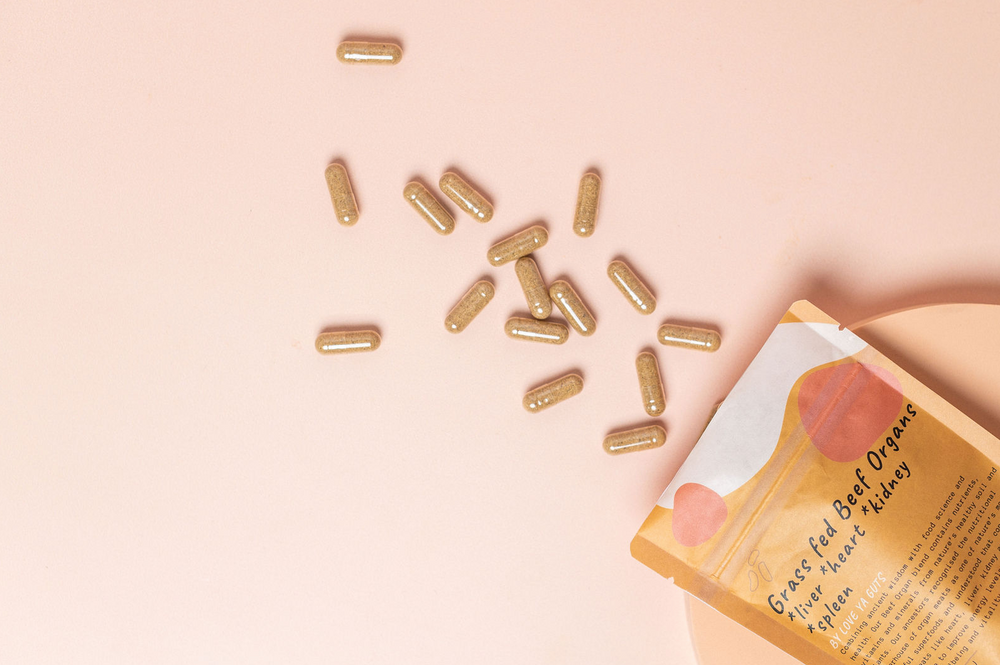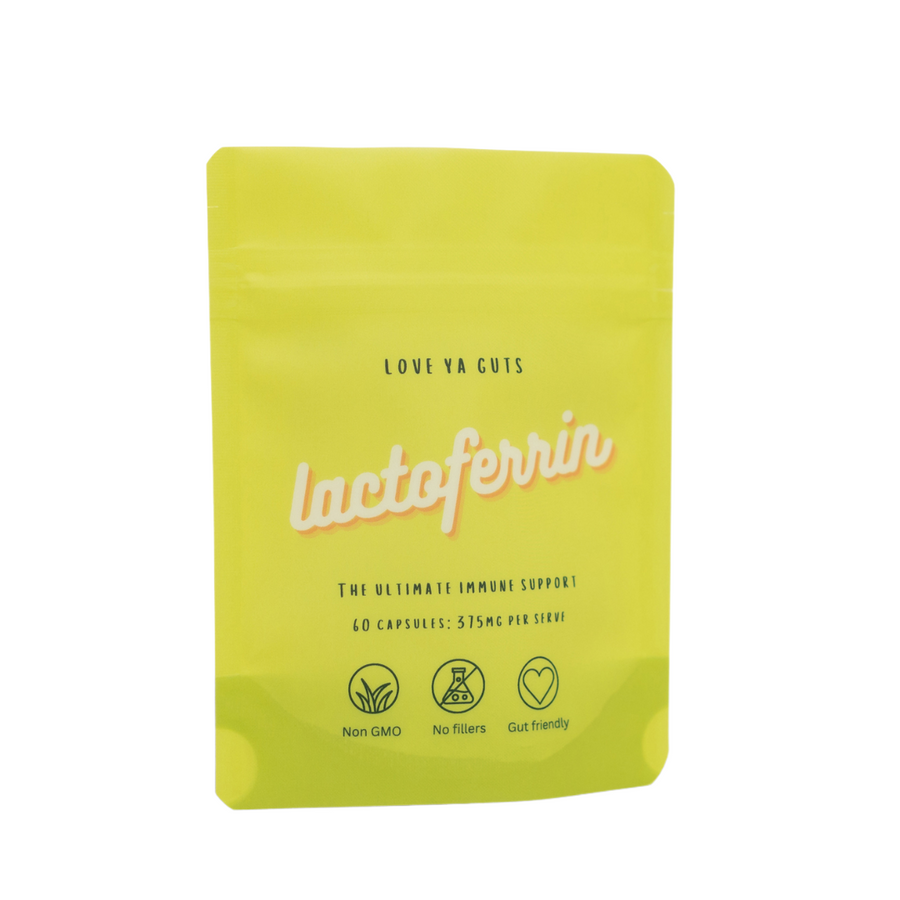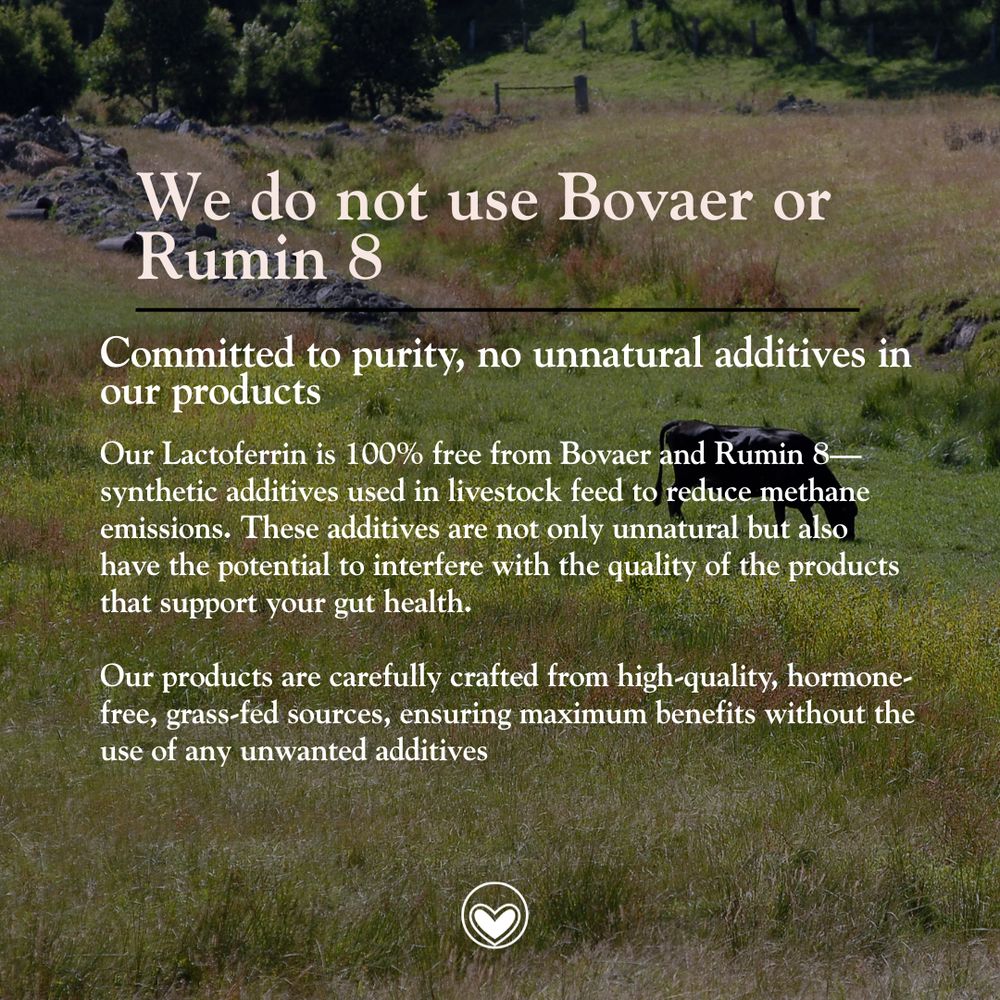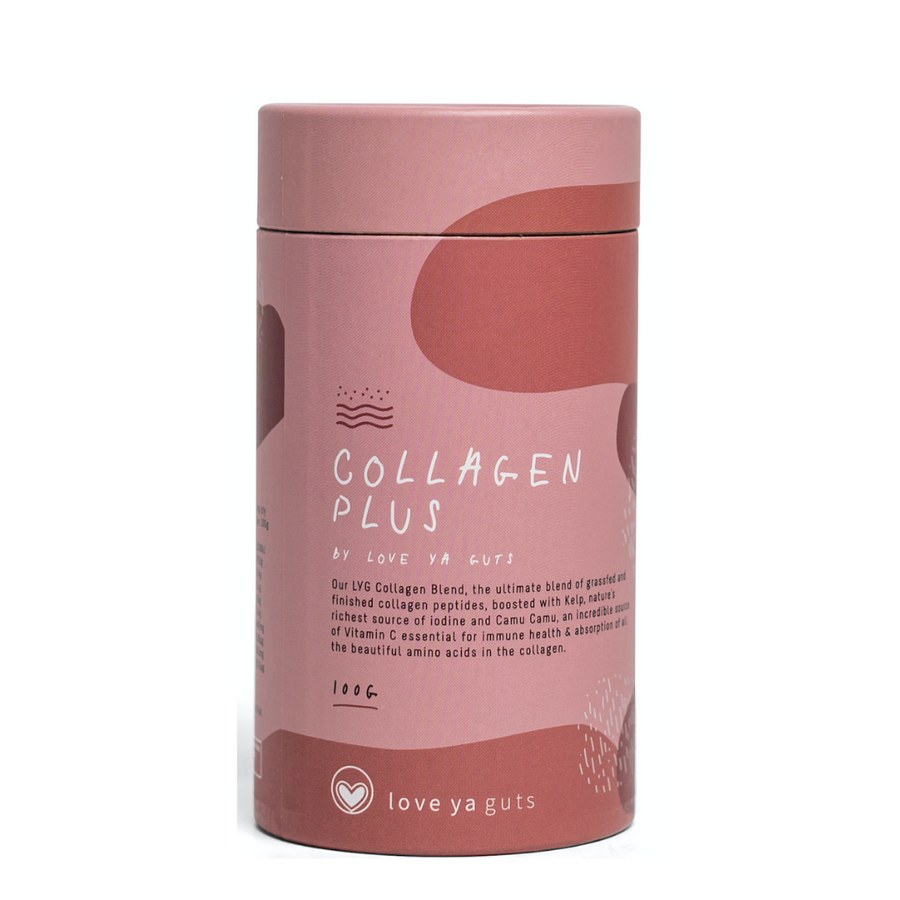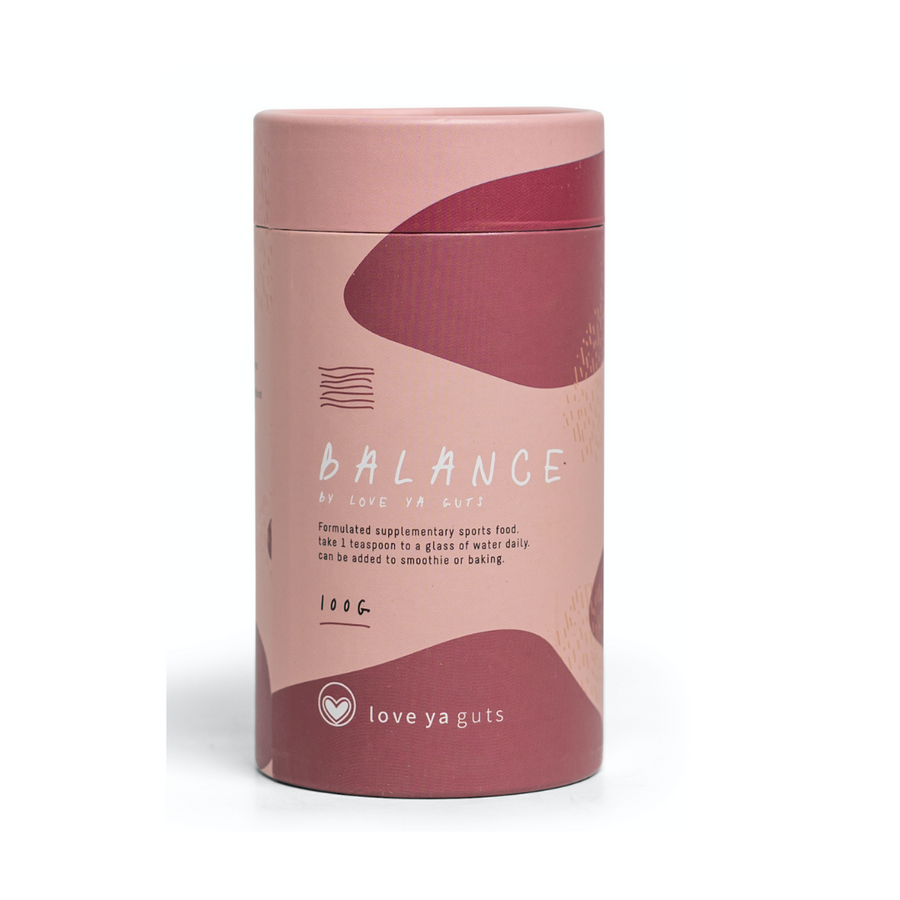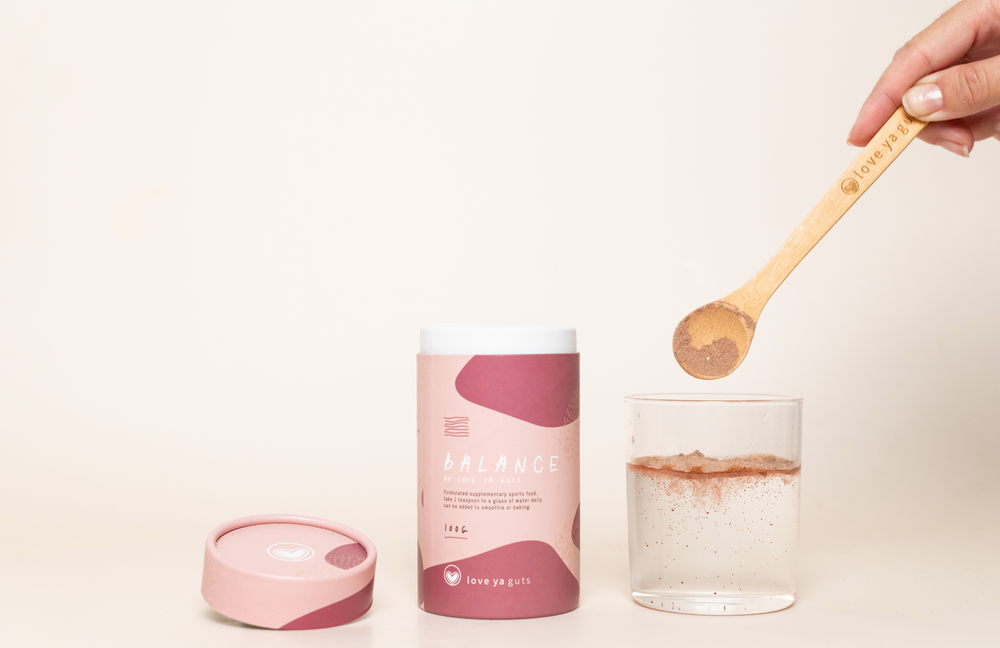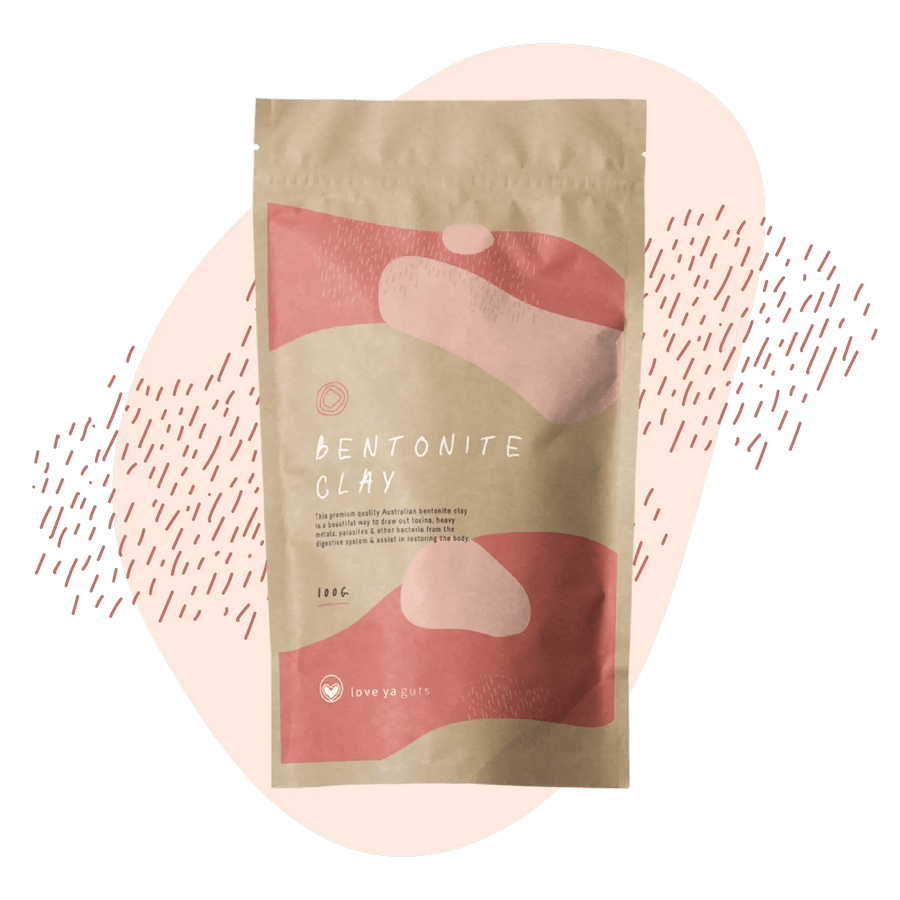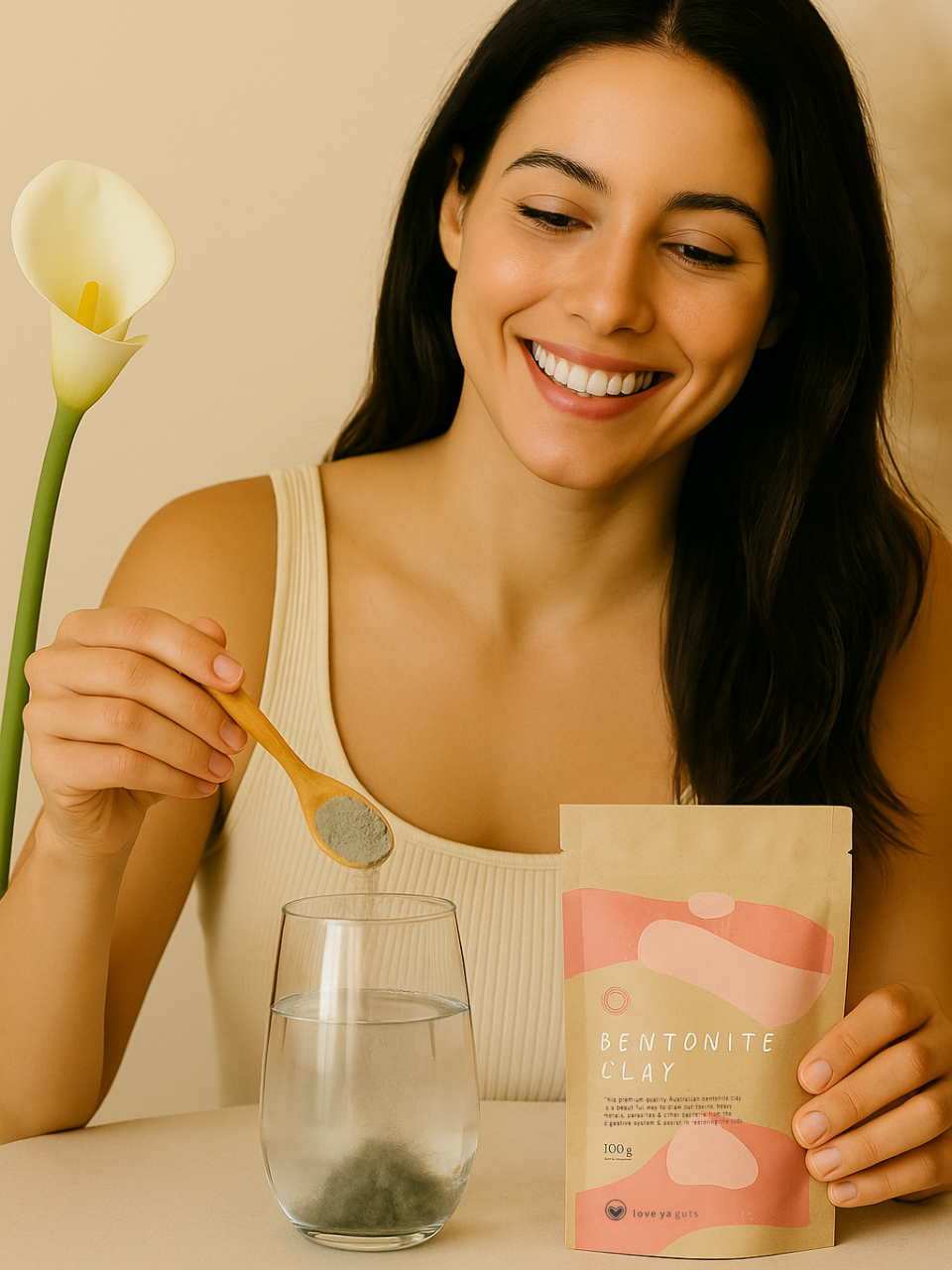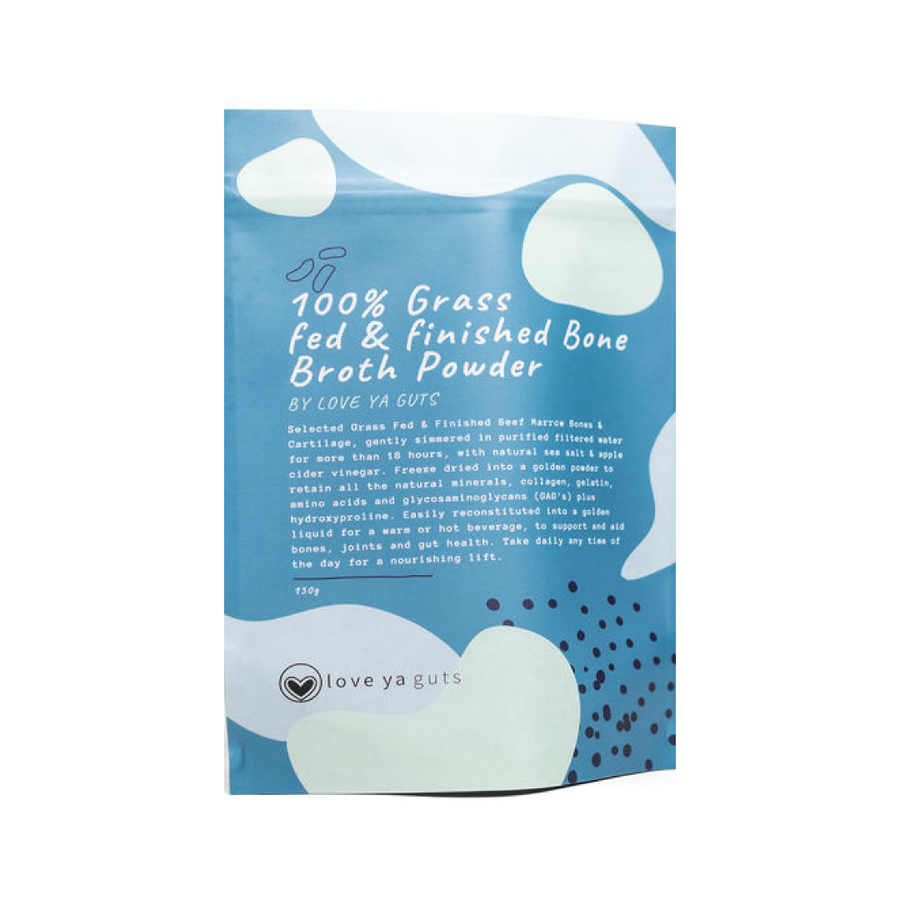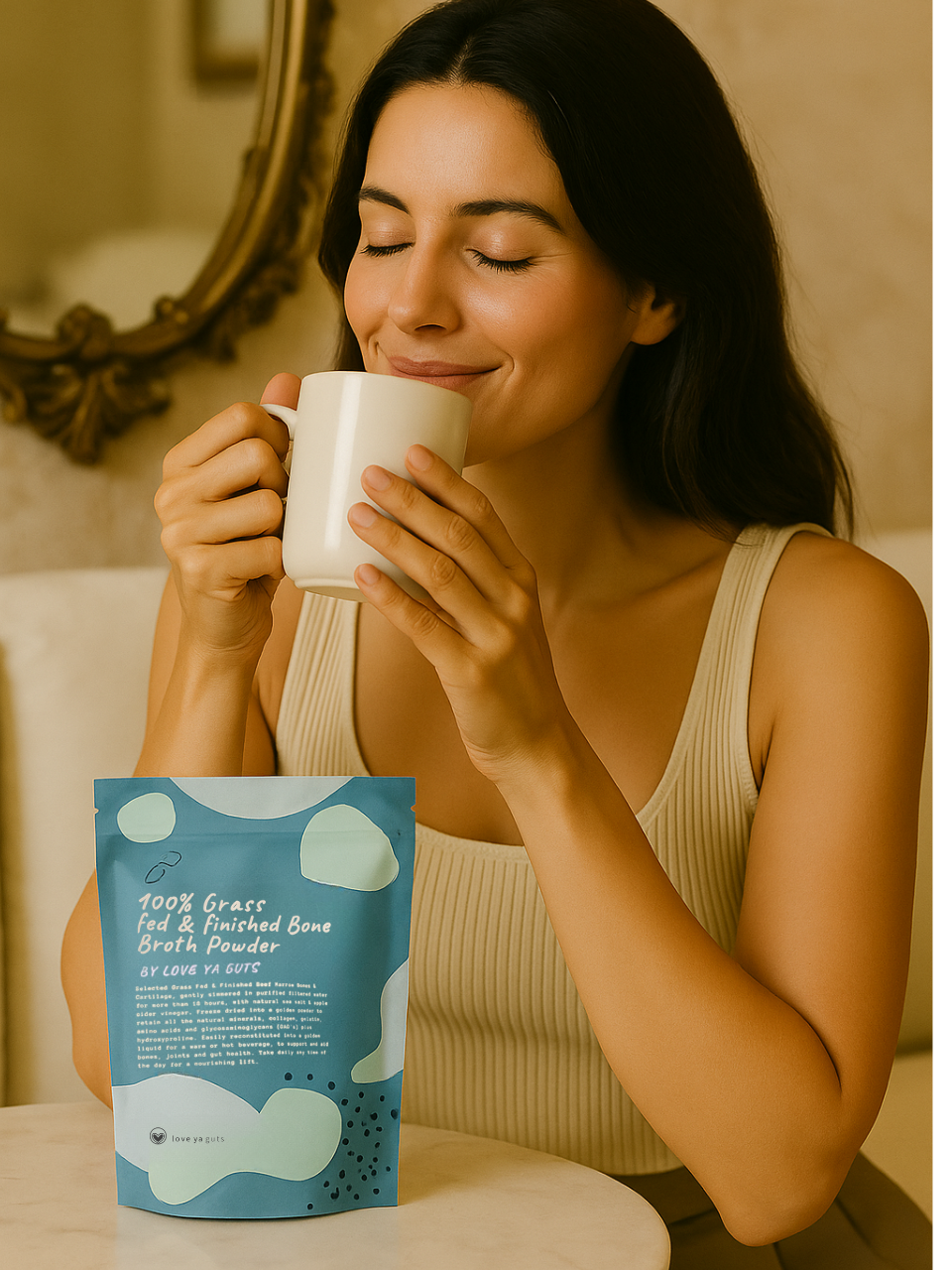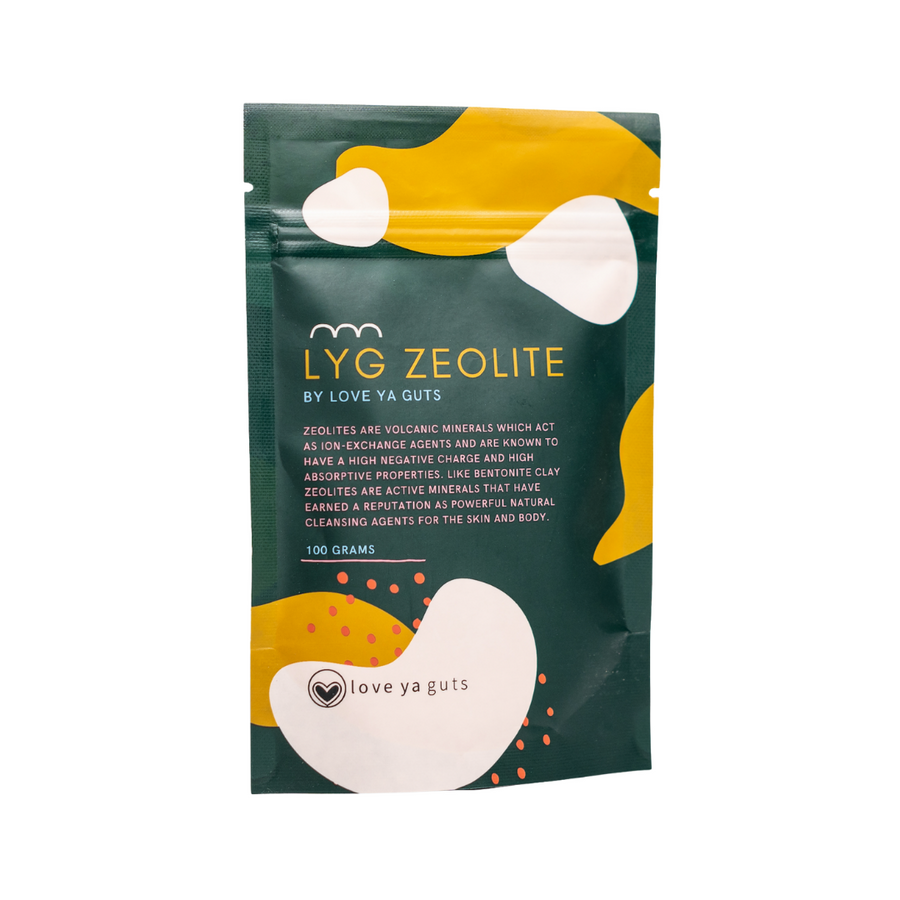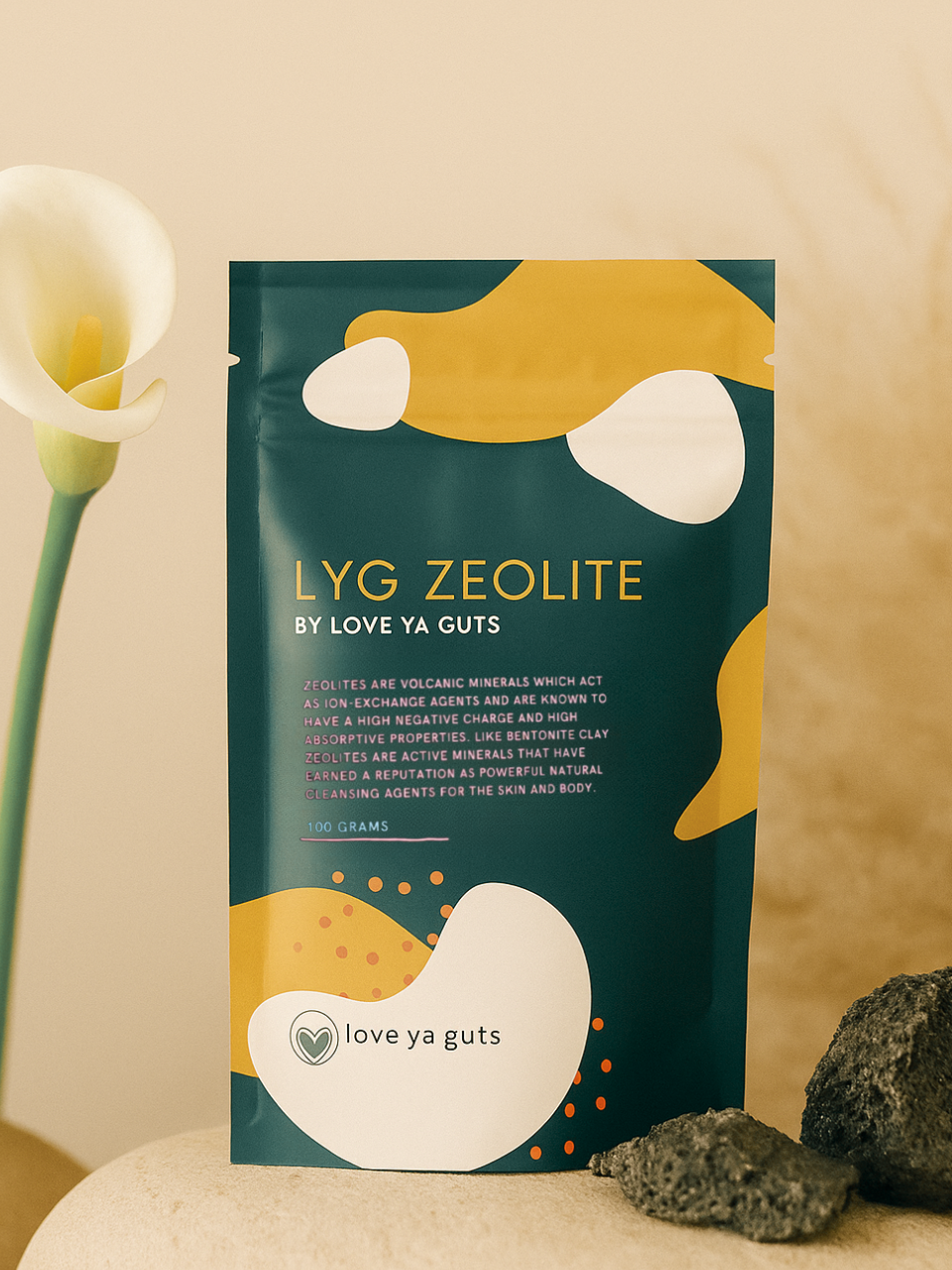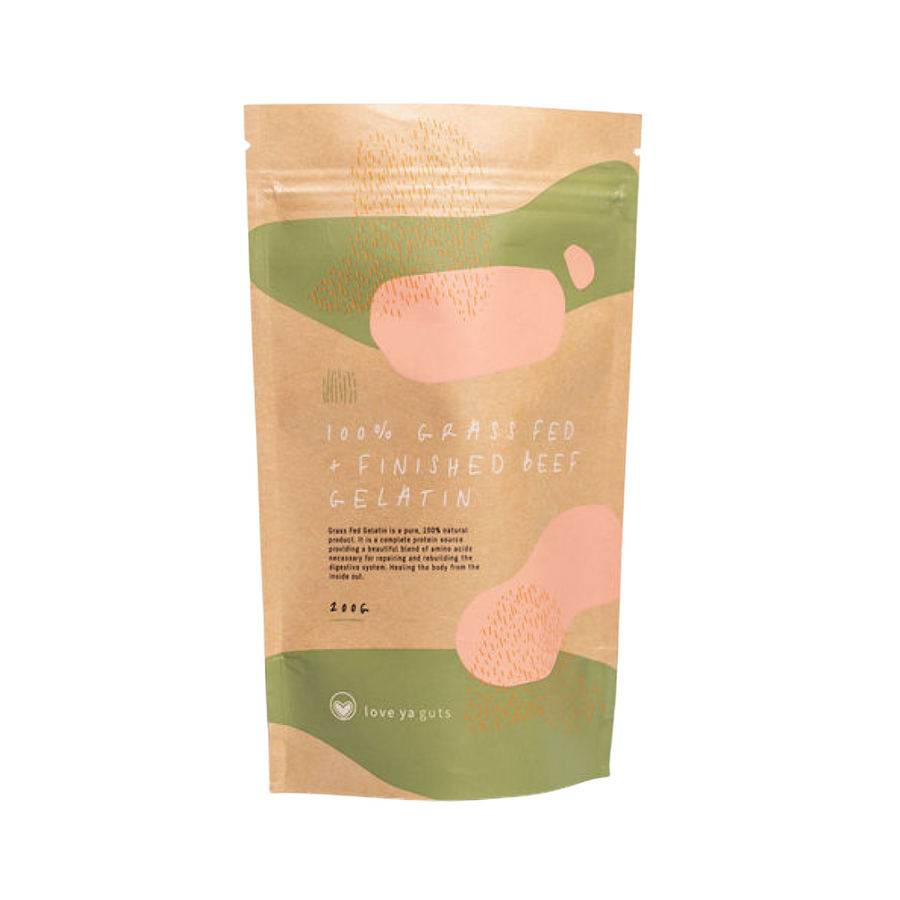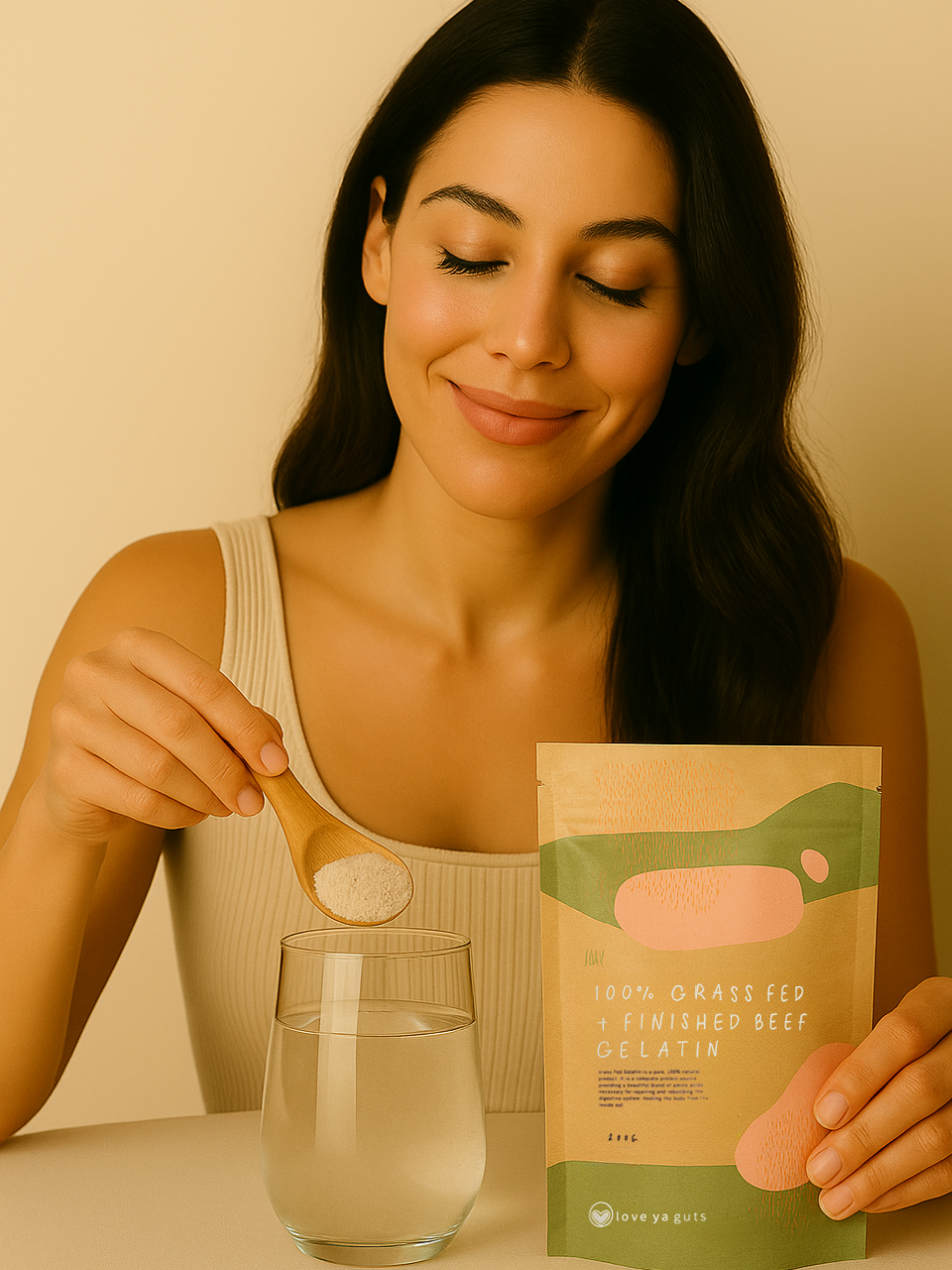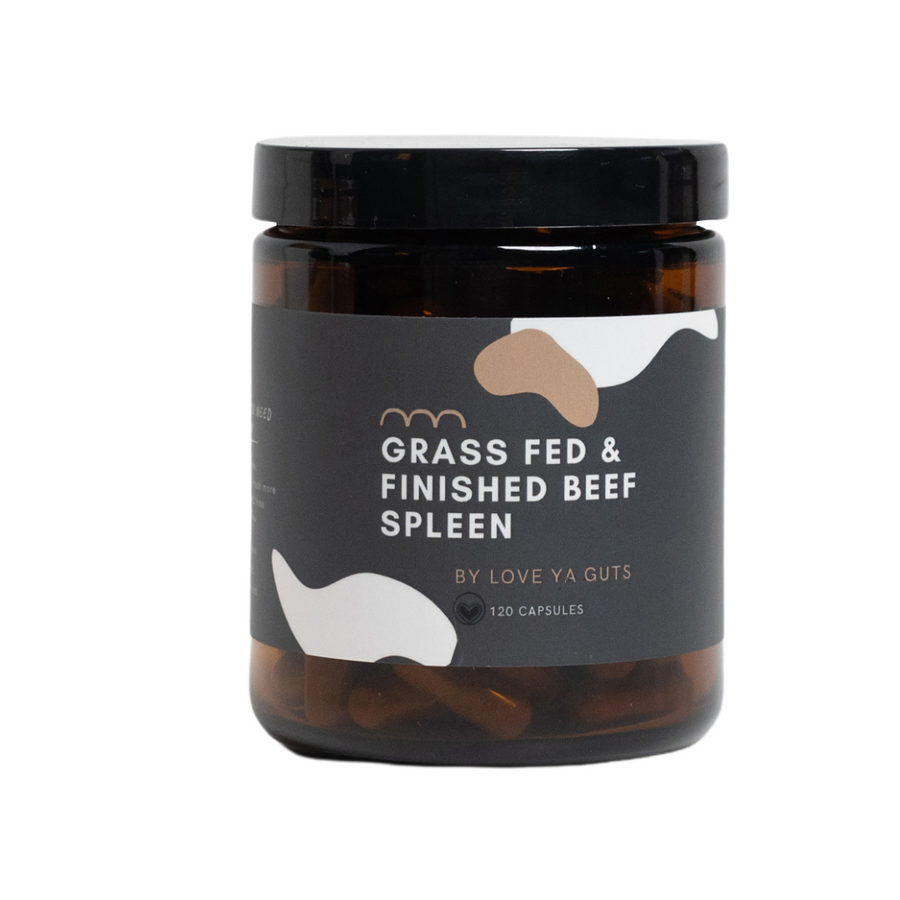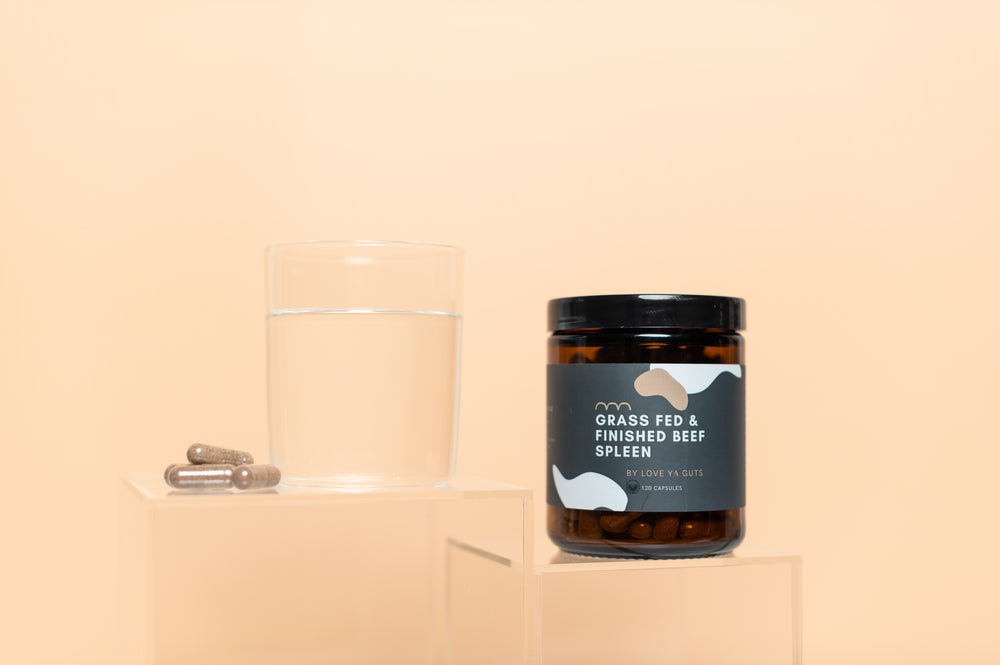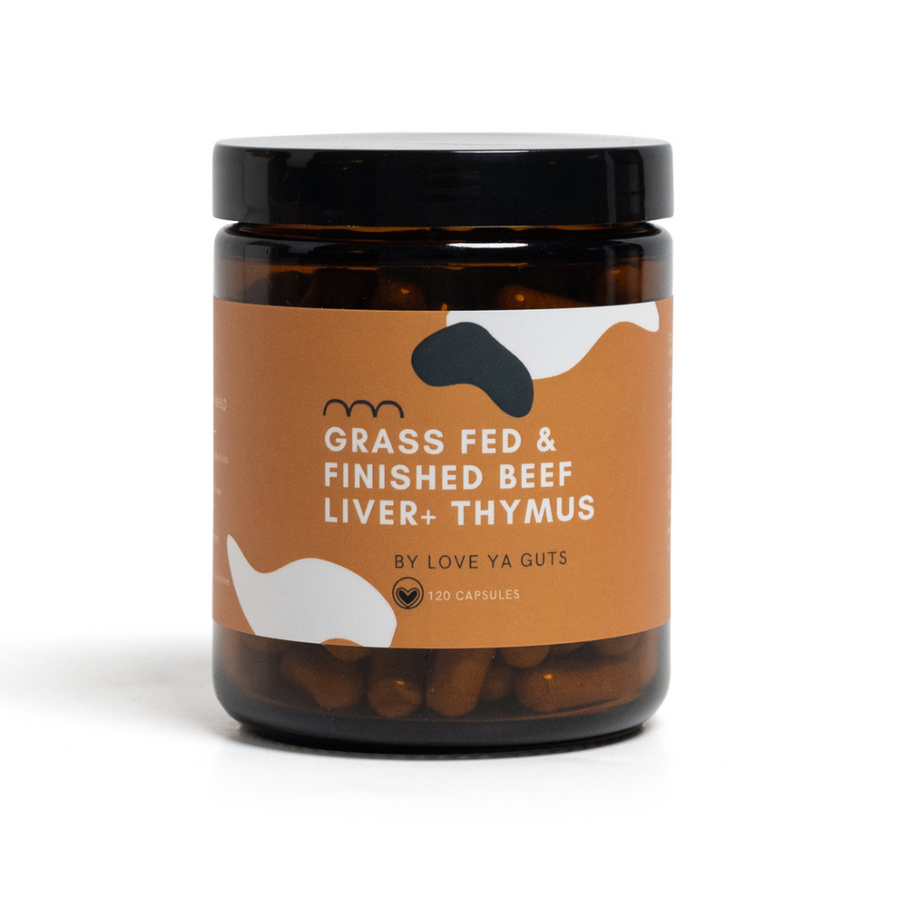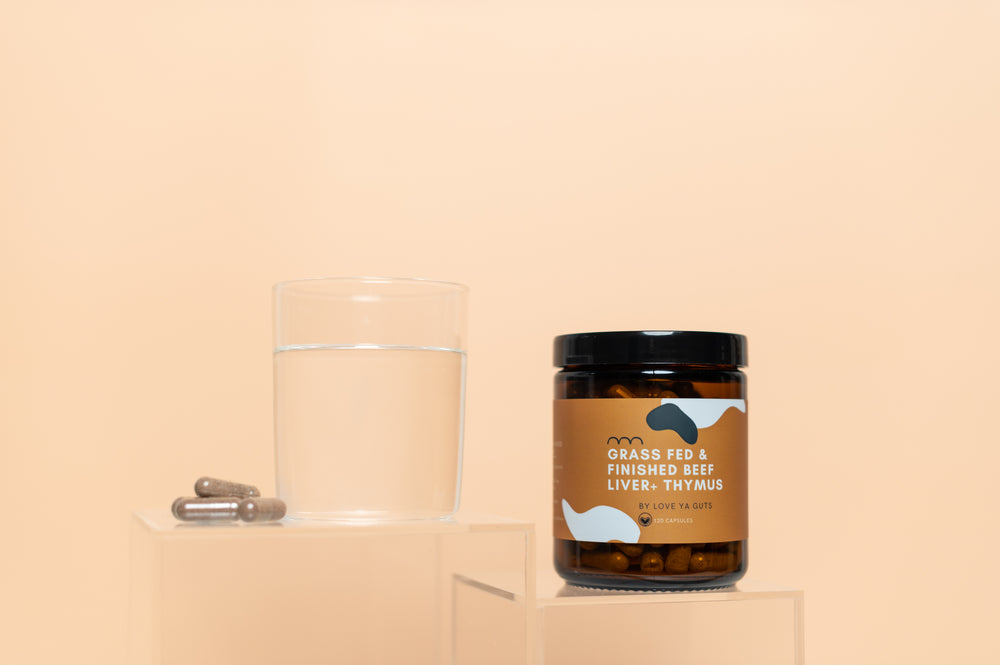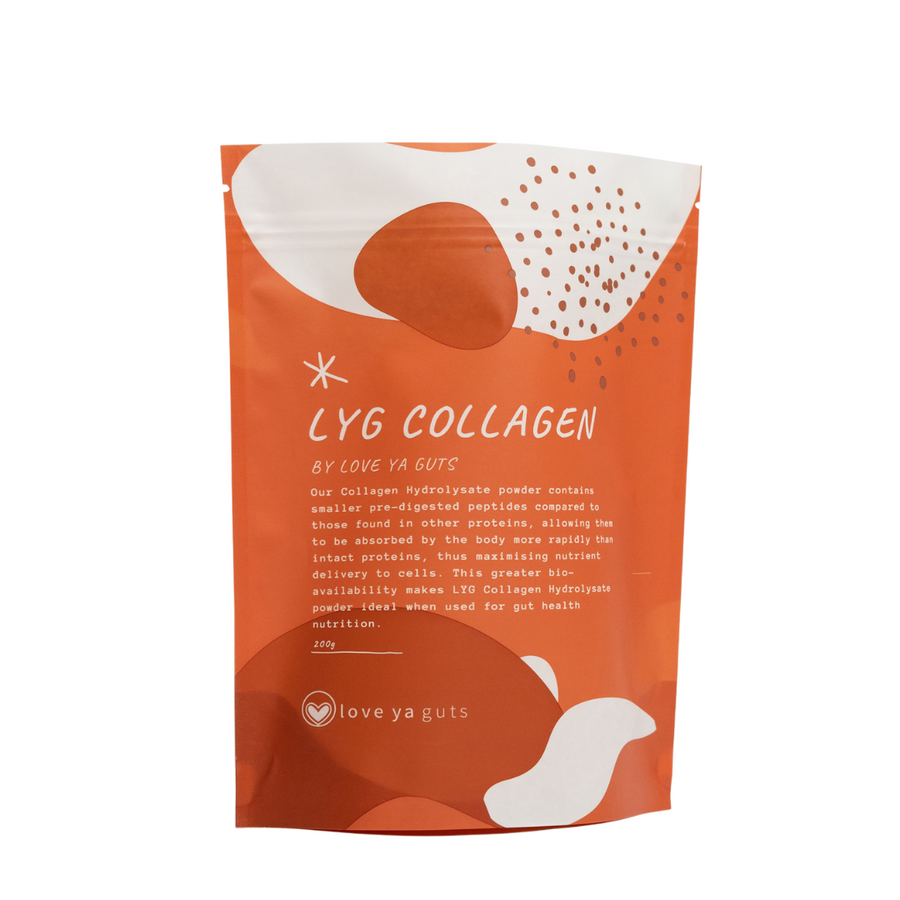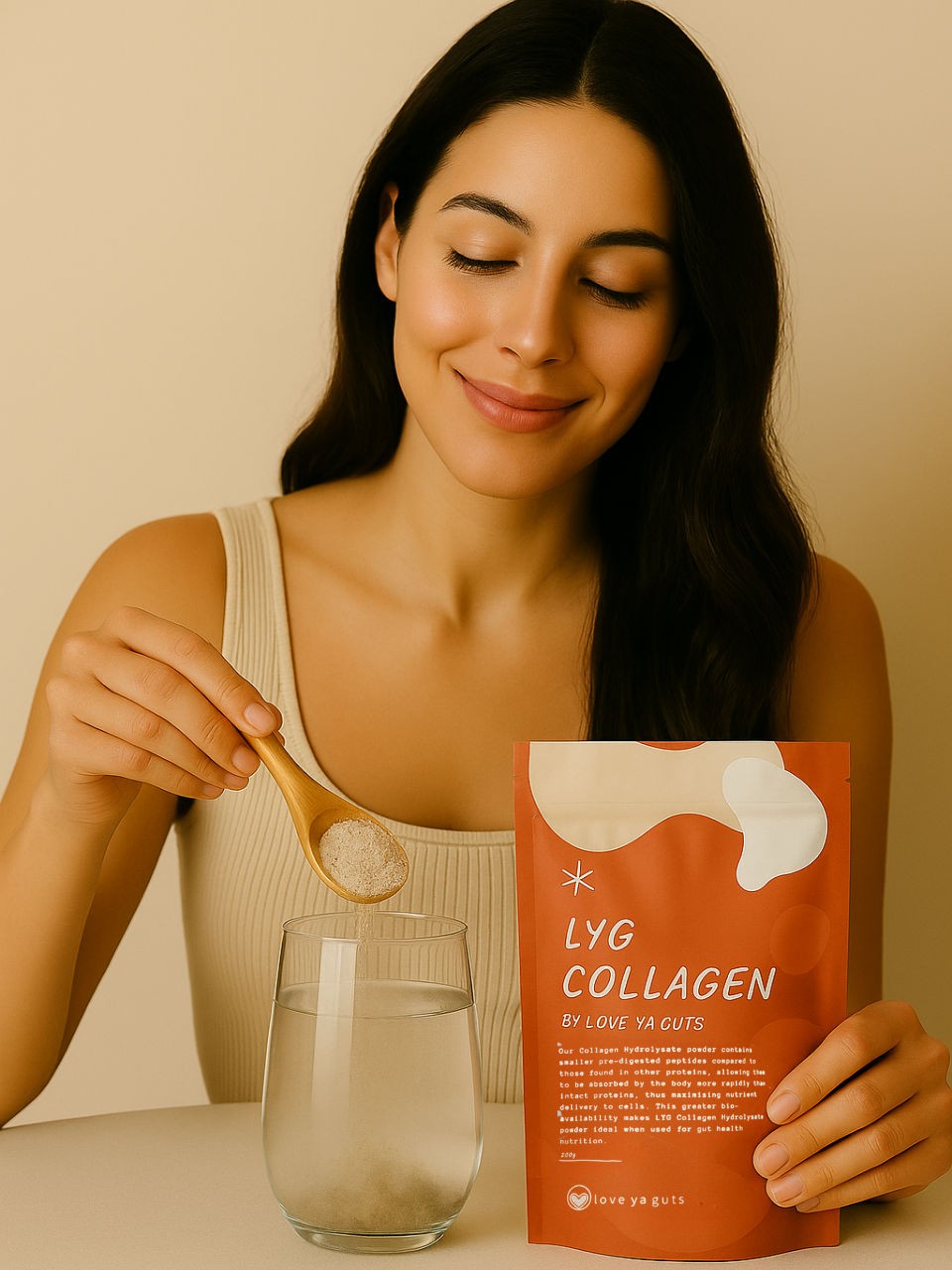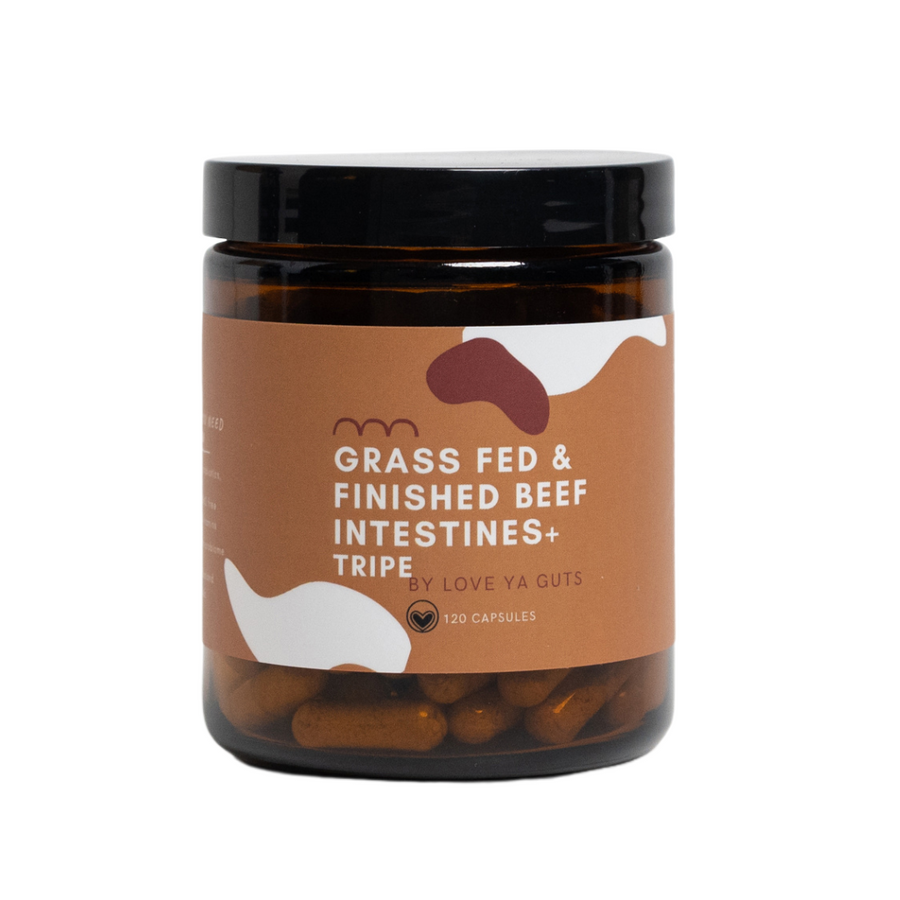Part 3: Does our gut health directly impact skin health?

As we’ve discussed over the past few weeks, your skin is affected by much more than the products you put on it. Your skin responds to what is happening in your gut, your immune system, what stress is in your life and how well you are sleeping and moving. Everything is connected and works together, synergistically, so what can we do to start assisting the health of our skin?
Lifestyle. Start looking at some of the following suggestions. Can you make any changes in these areas?
Wash or change your sheets (especially your pillow case) once a week.
Choose milder household cleaning products and laundry detergents. Look at the ingredients in some of these products, do you know all of the ingredients? Exercise. It doesn’t have to be high intensity exercise 7 days a week. I’m talking about just getting your body moving. This helps lymphatic congestion, blood flow and all of your eliminatory organs.
Incorporate stress coping mechanisms. Stress can play havoc with your skin and hormones. What do you do to help your body respond to stress in a healthy way? Do you meditate? Deep breathing? Yoga or Pilates? Sit in the sun? Talk to someone?
Don’t go to bed with make up on. This seems silly to mention but this is so important and it's very common for people to go to bed without properly washing off their make-up.
Go organic. If you can, start swapping to organic skin care, make-up and food. My favourite skin care and make-up ranges are Nushka, Inika, Mukti Organics, and Maaemo.
Eliminate dairy from your diet. Dairy can cause your skin to produce more oil and clog your pores. Cow's milk is also high in a hormone called insulin-like growth factor 1 (IGF-1), which is great for helping baby calves to grow but can cause inflammation in humans. Many people find that when they give up dairy, acne improves, so try a dairy-free diet for at least a month and assess your skin. Be aware that many dairy replacements contain ingredients such as sunflower oil or sugar, so look for a pure almond or coconut milk as cow's milk replacements. If you decide to avoid dairy in the long term, ensure you opt for calcium fortified plant milks or increase your intake of non-dairy calcium food sources.
Keep hydrated. Given that our bodies are made up of more than 50% water, it probably comes as no surprise that maintaining a decent level of good ol’ H20 intake is one of the most important factors when it comes to skin health. Of course, your skin needs proper hydration just as much as your body. Just like any other part of your body, your skin is an organ that requires adequate hydration to perform at its best. Keeping properly hydrated can help maintain your skin’s elasticity, improve the appearance of your skin by helping it appear more plump and supple, and rids your skin of toxins which decreases irritation and inflammation. And it helps fight oil and acne. While it may seem counterintuitive at first, dehydrated skin sends signals to the glands to produce more oil as a defense mechanism of sorts. By keeping skin well hydrated, it becomes less oily and acne tends to be less aggravated.
Herbs. Medicinal and therapeutic herbs can work magic when it comes to skin health. We choose herbs based on a persons presenting symptoms and health history so it’s very specific to each individual. BUT… there are definitely several herbs that everyone can benefit from. My favourite and often most commonly used skin herbs are Gotu Kola, Burdock, Calendula, Rosemary and Chaste Tree. The best way to get herbs is through a natural health practitioner (naturopath or herbalist). We tailor them to you and really work to increase eliminatory pathway effectiveness and decrease inflammation.
Nutrients. Increase your intake of foods that are high in the following nutrients - Zinc, Vitamin C, Vitamin A, essential fatty acids, magnesium, B Vitamins. These nutrients are essential to good skin health, integrity and appearance. Examples of these foods include salmon, oily fish, nuts and seeds, avocado, veggies, veggies… and did I mention veggies? An even better way to ensure you are getting enough skin specific nutrients is by supplementing. These supplements need to be good quality though, otherwise they won’t have the effects you're hoping for. Health food stores often have better quality supplements than chemists/pharmacies, but the highest quality products are available if you see a natural health practitioner.
From personal experience, the more I focused on the above things rather than just my skin care products, the more comfortable I became in my own skin and the healthier my skin appeared and felt. I changed my expectations too because, the truth is, there is never going to be just one thing that changes my physical appearance. It's going to be a combination of things.


